Travel no more
Speaking at the opening of the workshop, journalist Nguyen Ngoc Toan, Editor-in-Chief of Thanh Nien Newspaper, affirmed that international tourists play an important role in the total revenue structure of the tourism industry, bringing a large source of income to the country. The current situation is even more urgent than when Vietnam had just reopened after controlling the epidemic more than a year ago.
"Like real estate, tourism is the input and output of many fields and industries. The absence of international tourists, who account for a large proportion of tourism revenue, has prevented airlines, services, accommodations, shipping lines, etc. from recovering despite the sharp increase in domestic visitors last year. Therefore, it can be affirmed that international visitors are the savior to restore the tourism industry and revive the economy. However, Vietnam is one of the first countries in Southeast Asia to reopen after the Covid-19 pandemic, but has the lowest tourism recovery rate compared to other countries in the region. This is an issue that tourism professionals must seriously consider," emphasized journalist Nguyen Ngoc Toan.
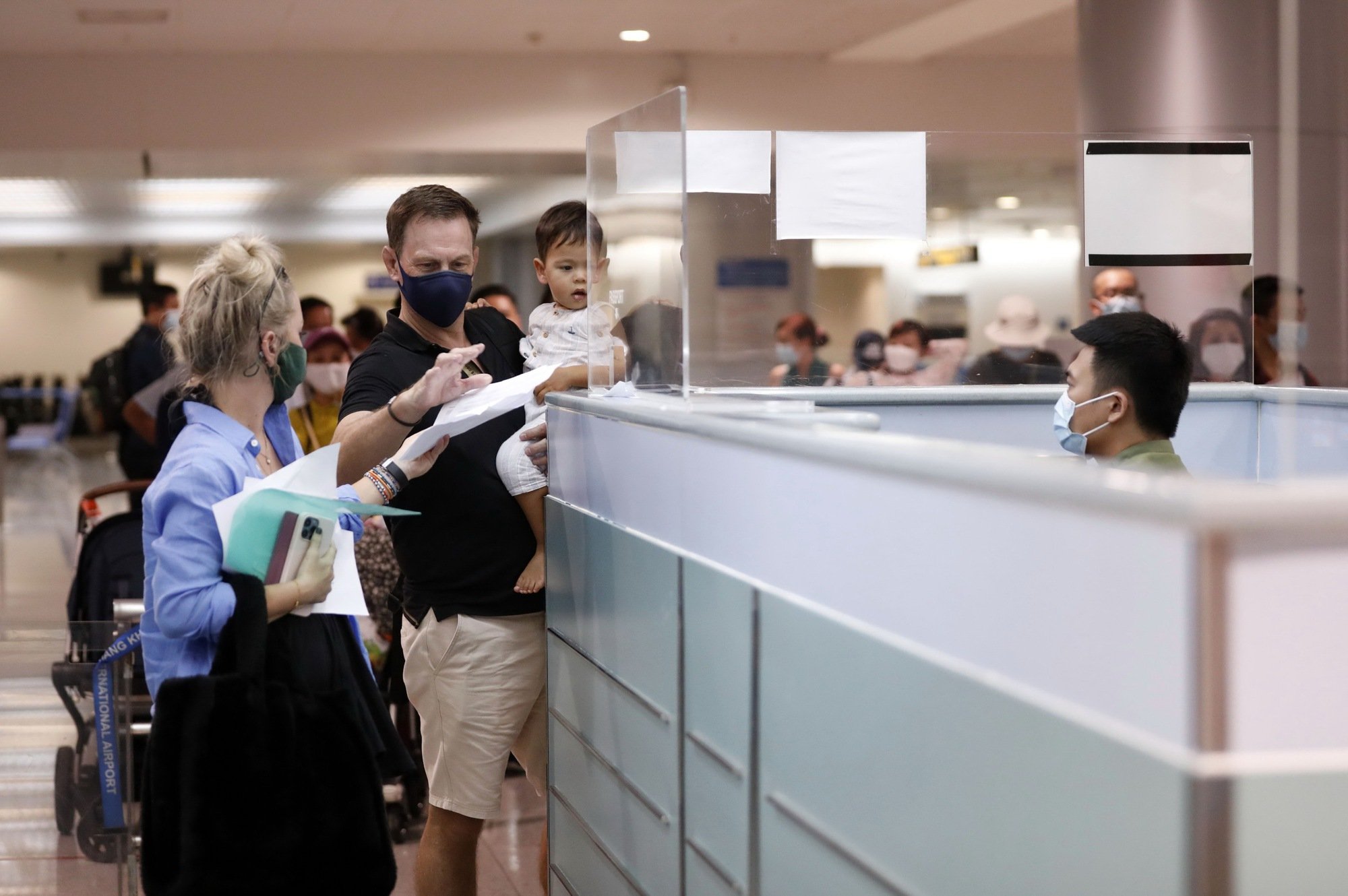
International passengers check in at Tan Son Nhat International Airport
Clarifying the urgency of attracting international visitors to Vietnam , Dr. Luong Hoai Nam, a member of the Tourism Advisory Board, cited: Before the pandemic, Vietnam welcomed only half of the number of international tourists compared to Thailand. That is a sad comparison when we have a lot of potential and advantages in tourism. Especially the rich source of natural, cultural and historical heritage. After the pandemic, international visitors to Vietnam continued to drop to only one-third compared to Thailand. This year, if we are not careful, there is a risk of an even deeper decline. This reality forces us to worry, not just be disappointed. Because if we continue to go backwards, the Vietnamese aviation and tourism industry will be very dangerous. Thousands of tourism businesses, hotels, tourist attractions, and entertainment venues are lacking international tourists, suffering heavy losses, accumulating debt, and cutting jobs.
Similarly, all airlines in our country are "drowning" in losses and debt. Specifically, Vietnam Airlines has accumulated losses of more than 34,000 billion VND, negative equity of more than 10,000 billion VND, and is at risk of being delisted. Subsidiary Pacific Airlines has accumulated losses of more than 10,000 billion VND, 3 times its equity. Bamboo Airways, which has only been in operation for a short time, has encountered the Covid-19 pandemic, no longer having the beautiful news as before, recently announcing an accumulated loss of more than 16,000 billion VND. Then Vietjet Air, after more than 10 years of announcing profits, has also lost 2,170 billion VND in 2022.
"Tourism has no way back. Rescuing international tourism is not only to save tourism businesses, airlines, primary and secondary resort real estate investors, but also to bring many sales opportunities and increase income for poor street vendors. Each international visitor increases the opportunity for street vendors in Sa Pa to sell more gifts, and the opportunity for poor people to escape poverty also comes from here," said Mr. Nam.
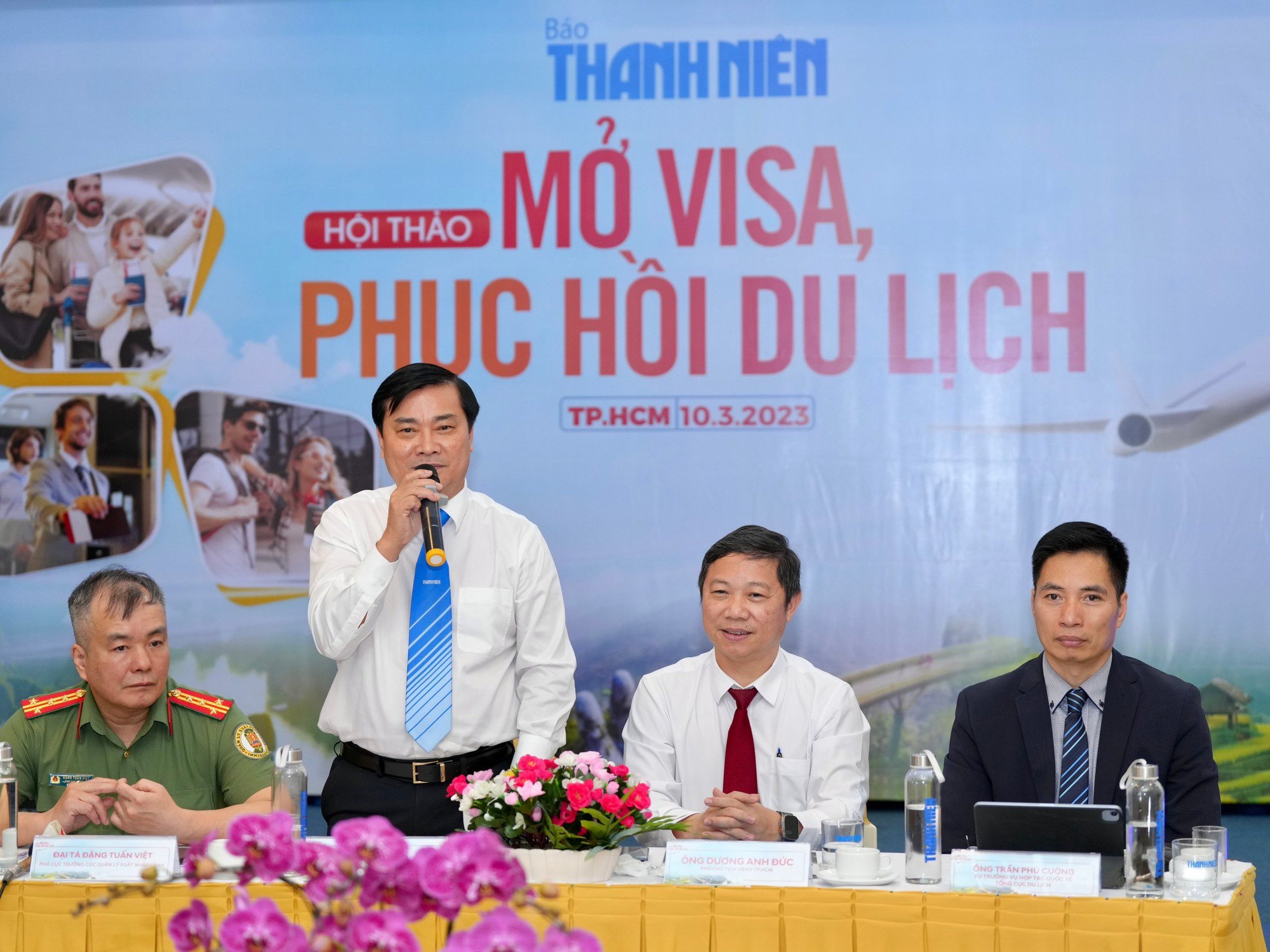
The workshop "Opening visas, restoring tourism" organized by Thanh Nien Newspaper on the morning of March 10 attracted the participation of many management agencies, ministries, and businesses. Photo:
Visa is the first door to open
Identifying the reasons why Vietnamese tourism is "going ahead and falling behind", Ms. Tran Nguyen, Deputy General Director of Sun World - Sun Group, affirmed that "visa is the first door". The World Tourism Organization and the World Travel and Tourism Council have pointed out that the convenience of issuing entry visas can increase the number of international visitors by 5 - 25% each year. Therefore, when returning to the tourism race after the Covid-19 pandemic, to create a competitive advantage, a series of destinations have proactively leveraged visa policies.
According to Ms. Nguyen, Thailand extended the length of stay from 30 to 45 days, from 15 to 30 days; Taiwan re-applied the Quan Hong eVisa policy aimed at tourists traveling on tours and in groups through travel agencies with simple and quick procedures; South Korea resumed the type of visa that allows visitors to enter and exit multiple times, with a stay of 30 days, and unlimited number of entries and exits within 5 years... Up to now, Malaysia and Singapore have exempted visas for 162 countries, the Philippines (157 countries), Japan (68 countries), South Korea (66 countries), Thailand (64 countries)...
Most of the above countries issue and allow entry by e-visa with a long stay of up to 6 months and multiple entries. Meanwhile, Vietnam has only exempted visas for 24 countries unilaterally and bilaterally. E-visas are issued to 80 countries but the number of border gates allowing foreigners to enter is limited. The normal stay is only about 15 days and single entry.
"Countries have changed very quickly. With open and flexible visa policies and many international tourist attraction campaigns of countries, the competition to capture international tourist market share is increasingly fierce. Thus, Vietnam 's visa policy is at a disadvantage in terms of the number of visa-free countries, electronic visa issuance, visa exemption period as well as visa forms. If not adjusted promptly, appropriately and flexibly, it is very likely that Vietnam 's tourism will continue to fall behind," Ms. Tran Nguyen warned.
This is also the concern of Mr. Trinh Ngoc Thanh, Deputy General Director of Vietnam Airlines. In the process of promoting tourism and participating in tourism promotion fairs, he realized that the same opportunity was presented, in the same Southeast Asian region but competing for destinations, tourists would choose the country with the easiest visa, which is visa. Some countries in ASEAN have attracted double the number of tourists when exempting visas, such as Thailand.
"With experience in the aviation industry, countries with visa exemptions and direct flights have seen the number of passengers double within 3 years, not an average increase of 5-10%. The Indochina tourism promotion program, with Vietnam as the focus, is experiencing visa congestion. It is really necessary to consider visa exemption, multiple use, or use in the 3 Indochina countries in coordination with each other," Mr. Thanh emphasized.
Citing his own experience when entering a developed country in Europe recently, Mr. Do Xuan Quang, Deputy General Director of Vietjet Air, said: "They have two entrances, one of which requires a wait of more than 3 hours while the other one allows passengers to go "quickly" thanks to the application of visa and immigration technology. This shows that Vietnam needs to apply technology to visa issuance. Procedures and policies need to be one step ahead, but currently Vietnam is lagging behind the needs and requirements of development reality."
Mr. Quang assessed that Vietnam 's immigration procedures are too slow, which needs to be improved through automation. To develop tourism, it is necessary to solve the visa issue, especially by extending the visa validity period.
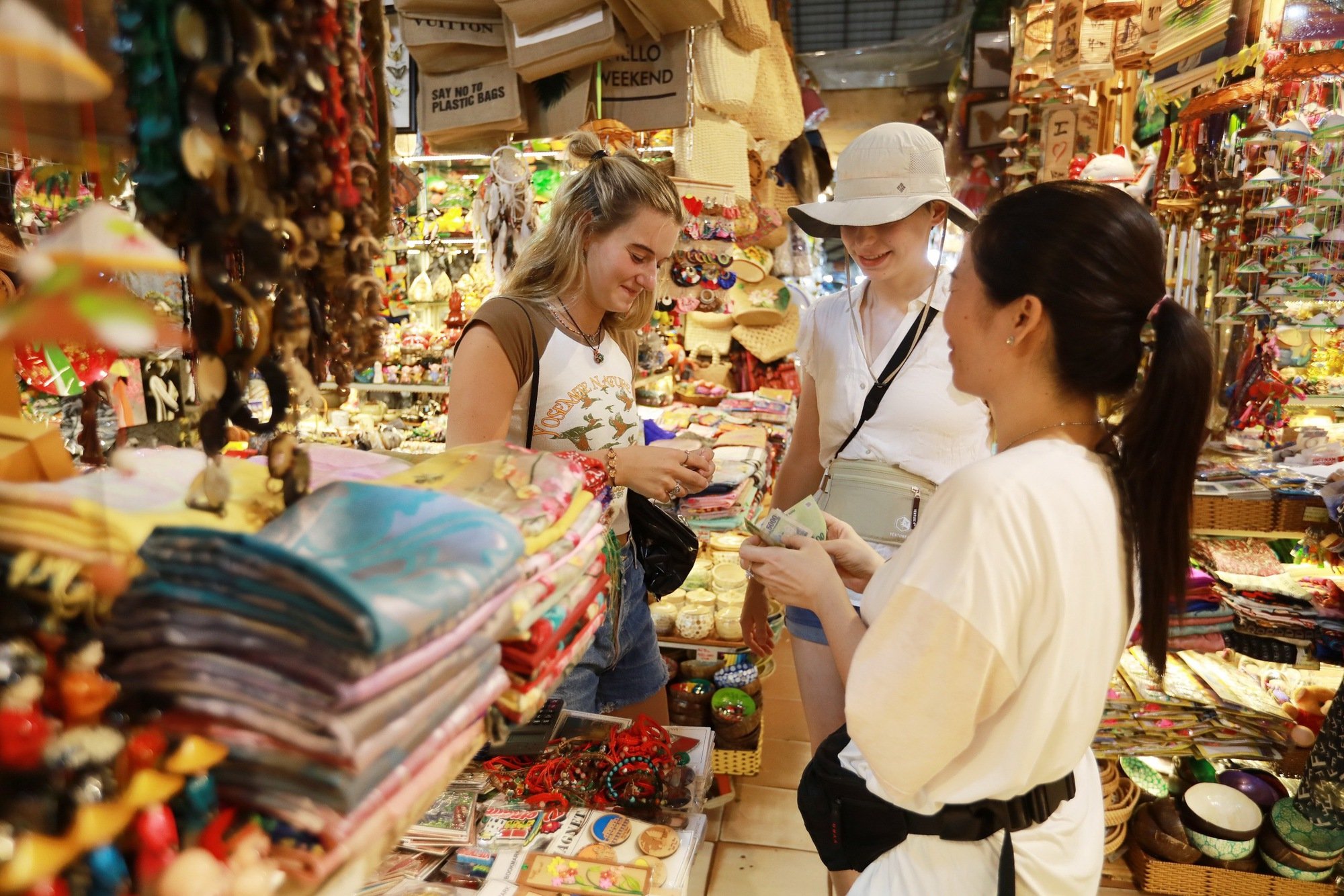
Foreign tourists shopping at Ben Thanh market
Open, what to do to make customers "open their wallets"?
Affirming that opening the visa door is an urgent task, Mr. Johnathan Hanh Nguyen, Chairman of the Inter-Pacific Group (IPPG), raised the question: Once visitors have arrived, how to make them spend more money is an even more important story. Citing statistics from World Data on the history of international visitors to Southeast Asian countries from 2008 to 2019, Mr. Johnathan Hanh Nguyen said that in terms of the number of international visitors each year, the growth rate of the number of visitors to Vietnam has surpassed Indonesia to reach the top 4 in Southeast Asia. However, while other countries have basically maintained their average revenue per visitor, Vietnam is on the decline from 5th to 6th place. The total spending of visitors in Vietnam is only 40% compared to Thailand and much lower than Singapore, Indonesia, Malaysia, Korea, Japan, etc.
Mr. Johnathan Hanh Nguyen analyzed: Among the types of tourism, Vietnam has been developing the most popular ones are resort tourism and experiential tourism, mainly thanks to the availability, advantages of natural conditions and cultural diversity. For the two types of new tourism trends including health tourism and shopping - entertainment tourism, Vietnam is still very limited. Meanwhile, the potential of the two types of tourism above is very large. This is also the "bottleneck" for increasing tourist spending. For example, Singapore has an area equivalent to Phu Quoc island in Vietnam . With the limitation of favorable natural conditions, Singapore chose to "hit hard" on 4 types of tourism to develop: shopping, entertainment - entertainment, business travel and experiential tourism. Singapore has become a shopping paradise because it is a tax-free island. As a result, the number of international visitors to Singapore and the average total spending of a tourist in Singapore far exceeds that of Vietnam .
At the same time, Mr. Johnathan Hanh Nguyen affirmed that all countries with developed tourism industries such as Thailand, Korea, Japan, China or in the world such as the US, European countries... all use the factory outlet model (commercial centers selling discounted goods through the season) to attract tourists, increase spending and tourism revenue. Currently, the Government is considering building a policy mechanism for Duty-Free Zones in the field of trade - tourism. If determined to implement, Vietnam will have the first factory outlets in the duty-free zone of the whole region, retail prices at these factory outlets will be as cheap as in the US or Milan (Italy). Tourists from neighboring countries will flock to Vietnam to shop, leading to other services increasing in resonance and the tourism industry will have a great leap forward.
In addition, according to him, to attract international tourists to Vietnam , only one airline or one travel agency, tourism, hotel cannot do it, but there needs to be a connection between duty-free shops and businesses serving the tourism industry. Accordingly, airlines will "join hands" with travel agencies to reduce ticket prices, bringing customers to duty-free shopping centers. For each group of tourists, the duty-free shop business unit will offset 10% for the travel agency.
"Duty-free shops on the street will bring many conveniences such as tourists having more time to shop, accessing more goods because the area on the street is much larger than at the airport. Therefore, revenue is guaranteed very well. This model has been implemented by us in Korea and Japan. At the Lotte shopping center in Seoul (Korea) alone, revenue from shopping reached 10 billion USD, if 10% is divided for travel companies, they will receive financial support of up to 1 billion USD. This is a huge resource for travel companies to quickly recover. International visitors will flock to Vietnam , airlines, hotels, and restaurants will also immediately recover", Mr. Johnathan Hanh Nguyen emphasized.
Strongly supporting the model of cooperation between businesses in the tourism ecosystem, Mr. Nguyen Quoc Ky, Chairman of the Board of Directors of Vietravel Corporation, affirmed that cooperation is the "key" to help Thailand succeed in reducing tour prices. Besides visas, this is one of the key factors to compete and attract visitors after the pandemic. In addition, he proposed that the National Assembly and the Government need to quickly amend the law and issue breakthrough and open policies on visas. For example, the regulation on approving visas for guests staying for the first 15 days, and automatically renewing the visa after 15 days; accepting Quan Hong visas like in Taiwan or group visas like in Japan; piloting visa exemption for up to 6 months for some key markets...
Visa exemption extended to 5 years
Visa is one of the steps that need to be solved to attract international visitors to Vietnam. Therefore, the city recommends that the Government direct relevant ministries and branches to expand the visa-granting subjects, increasing the visa exemption period from 15 days to at least 30 days. Similarly, instead of issuing a single-entry visa, it should be increased to allow multiple entries and exits because many tourism service businesses in Ho Chi Minh City have the need to open joint tours, helping to increase added value much higher. At the same time, the validity period of the visa exemption policy should be extended to 5 years so that agencies, tourism businesses and partners can develop more stable and relatively long-term market exploitation plans. There are some small things that can be changed immediately, such as registering a new eVisa domain name in an easy-to-remember direction, upgrading the information page in many different languages. If done decisively, it will immediately improve the image of Vietnam with tourists through the first step of entering Vietnam.
Mr. Duong Anh Duc, Vice Chairman of Ho Chi Minh City People's Committee
Visa relaxation, increased length of stay to attract international visitors
After the impact of the Covid-19 epidemic, the tourism industry has received attention from departments and localities, and many policies and solutions have been proposed to the Government. Since then, the tourism industry has recovered quite quickly. However, this recovery is not synchronized between domestic and international visitors, mainly thanks to domestic visitors. However, domestic visitors spend only about 40 - 50% compared to international visitors. This makes restaurants and hotels still difficult.
Therefore, it is necessary to consider removing visa policies, increasing the length of stay, avoiding the situation where visitors in Vietnam have expired visas and have to go to neighboring countries to extend their visas, limiting the attractiveness of Vietnam as a destination in the eyes of tourists. Visa is the first button to encourage and motivate the development of the tourism industry. We hope that the Ministry of Public Security and the Ministry of Foreign Affairs will pay more attention to advising the Government to have more flexible visa policies. At the same time, we hope to have a comprehensive solution for the tourism ecosystem, with policies to remove obstacles and promote tourism recovery.
Ms. Nguyen Thi Anh Hoa, Director of Ho Chi Minh City Department of Tourism
Need more fast visa service
We are now approaching high-end, individual travelers as this trend is becoming more and more popular, contributing greatly to the tourism industry's revenue. However, many current visa regulations are not as open as they were before the Covid-19 pandemic. Flexibility in visa issuance also needs to change in the direction of quickly meeting the requirements of foreign visitors.
Therefore, we need to arrange more human resources and pay more attention to meet the needs of tourists for quick, same-day visa issuance. At the same time, Vietnam needs to have a policy to expand the list of countries that are exempt from visas, fast visa approval and have priorities for visa applicants to be easy and transparent, have a mechanism to apply for visas at many other branches such as Hanoi, Da Nang, not just concentrated in Ho Chi Minh City. There should even be more services to get visas quickly in the day and more specific regulations on conditions so that visitors can apply themselves in case of emergency.
Mr. Vo Viet Hoa, Inbound Director of Saigontourist Travel Service Company
Continuously petitioning on visa policy
The General Department of Tourism has identified tourism as an inter-regional industry, requiring the cooperation of ministries, localities, enterprises and even communities. Once visitors know about Vietnam, they will apply for a visa, then be transported to Vietnam by air, sea, or rail. After entering Vietnam, visitors will access destinations, services, tourism products, etc., so inter-sectoral and inter-local coordination is needed.
Regarding visas, the 15-day stay is not enough for long-distance visitors, so it must be extended. The Ministry of Culture, Sports and Tourism has made many recommendations on relaxing visa policies. In our opinion, visas are not a bottleneck, but compared to other countries, even countries in the region, our competitiveness is weaker. Therefore, there needs to be a solution to improve competitiveness in services and visas. The visa exemption list should also be considered for expansion to important countries, especially India, Australia, etc. There have also been recommendations for visas at border gates, visa duration extension, e-visa extension, etc. We hope the Ministry of Public Security will approve.
Mr. Tran Phu Cuong, Director of International Cooperation Department, General Department of Tourism
Beware of fake eVisa websites
Currently, citizens of 13 countries are exempted from visas to enter Vietnam for a stay of 15 days regardless of purpose. After this period, the police can extend their temporary stay. In addition, foreigners entering tourist areas and border economic zones are exempted from visas for 30 days. At the same time, Vietnam has implemented the issuance of electronic visas (eVisa) with a temporary stay of 30 days and the results are returned after 3 days. The eVisa fee is 25 USD, paid directly into the account of the Ministry of Finance. Currently, there are many fake websites, using foreign accounts to collect high eVisa fees and even disrupting the provision of e-visas in Vietnam.
In addition, the Ministry of Public Security is issuing Vietnam tourist visas valid for up to 90 days. Upon arrival at the border gate, the law stipulates that police officers or border guards stamp to confirm a 30-day stay, and international visitors can then request an extension of up to 90 days. At the same time, Vietnam is also applying a visa exemption policy for people of Vietnamese origin and their families with a temporary stay of up to 6 months... We have noted the comments from businesses and experts to continue to amend a number of articles of the Immigration Law as soon as possible with simplified procedures.
Colonel Dang Tuan Viet, Deputy Director of the Immigration Department, Ministry of Public Security
Airlines wait for visa relaxation to "take off"
If 2019 was the peak year, the tourism industry welcomed 18 million visitors, the aviation industry transported about 40 million international passengers. Of which, the number of tourists accounted for about 70% of air passengers. This shows that the impact of the tourism industry on aviation is very large. When international flights were restored, the total number of passengers transported on flights was about 12 million, of which 3 million were tourists. Thus, the ratio of tourists using air routes was only 50/50, compared to the previous 70/30.
This year, the aviation industry aims for 34 million international visitors, about 80% of that in 2019. By February, the total number of international visitors was 2.3 million, equivalent to 67% of that in 2019. According to calculations, this number could reach over 70% by April and is expected to recover about 90% of that in 2019 by the end of the third quarter. However, these are expected numbers, whether or not they are achieved depends largely on the number of international visitors to Vietnam and visa opening is an important bottleneck.
Mr. Bui Minh Dang, Deputy Head of Passenger Transport Department, Civil Aviation Authority of Vietnam
Source link


![[Photo] Prime Minister Pham Minh Chinh receives Cambodian Minister of Commerce](https://vstatic.vietnam.vn/vietnam/resource/IMAGE/2025/4/28/be7f31fb29aa453d906df179a51c14f7)
![[Photo] Special supplement of Nhan Dan Newspaper spreads to readers nationwide](https://vstatic.vietnam.vn/vietnam/resource/IMAGE/2025/4/28/0d87e85f00bc48c1b2172e568c679017)
![[Photo] A long line of young people in front of Nhan Dan Newspaper, recalling memories of the day the country was reunified](https://vstatic.vietnam.vn/vietnam/resource/IMAGE/2025/4/28/4709cea2becb4f13aaa0b2abb476bcea)
![[Photo] Signing ceremony of cooperation and document exchange between Vietnam and Japan](https://vstatic.vietnam.vn/vietnam/resource/IMAGE/2025/4/28/e069929395524fa081768b99bac43467)
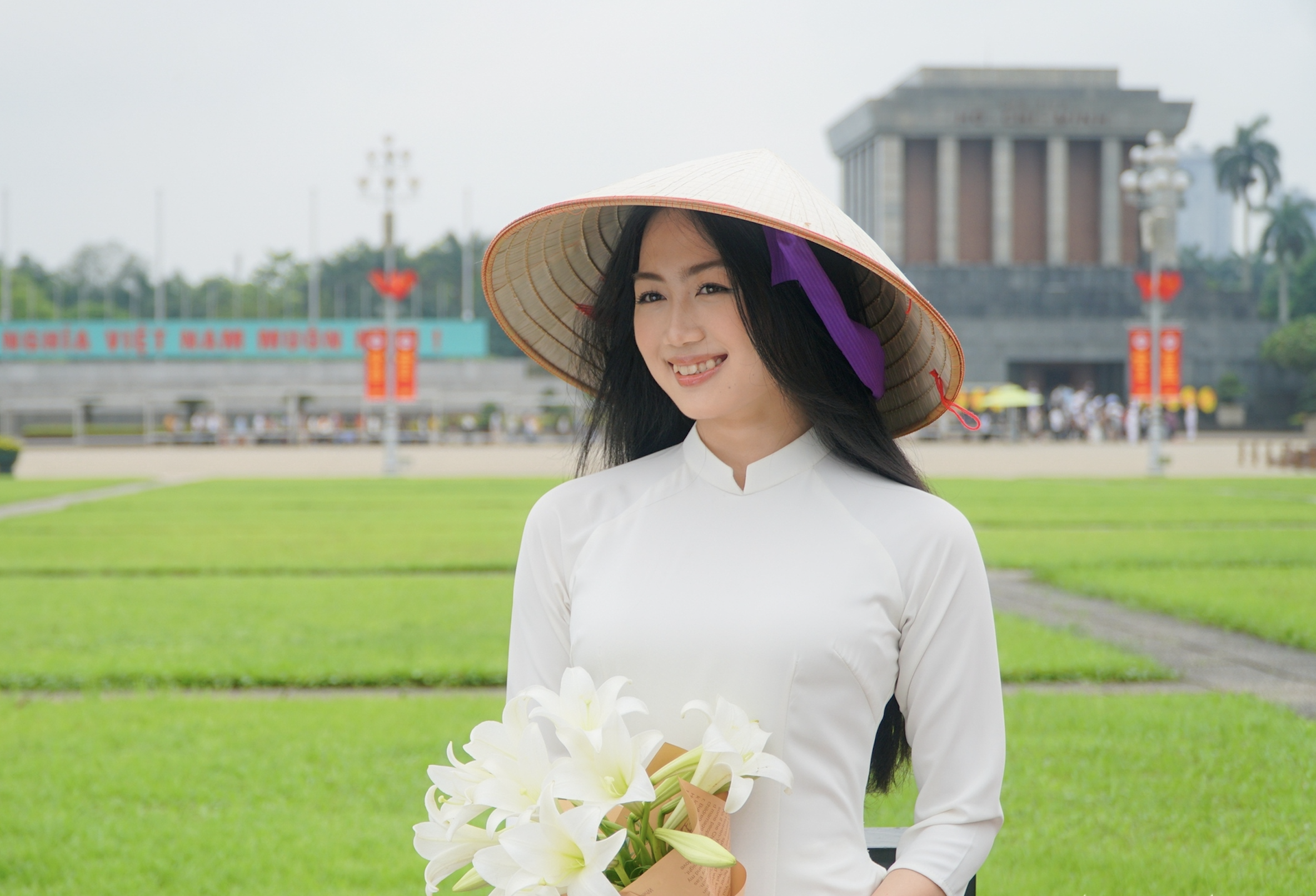
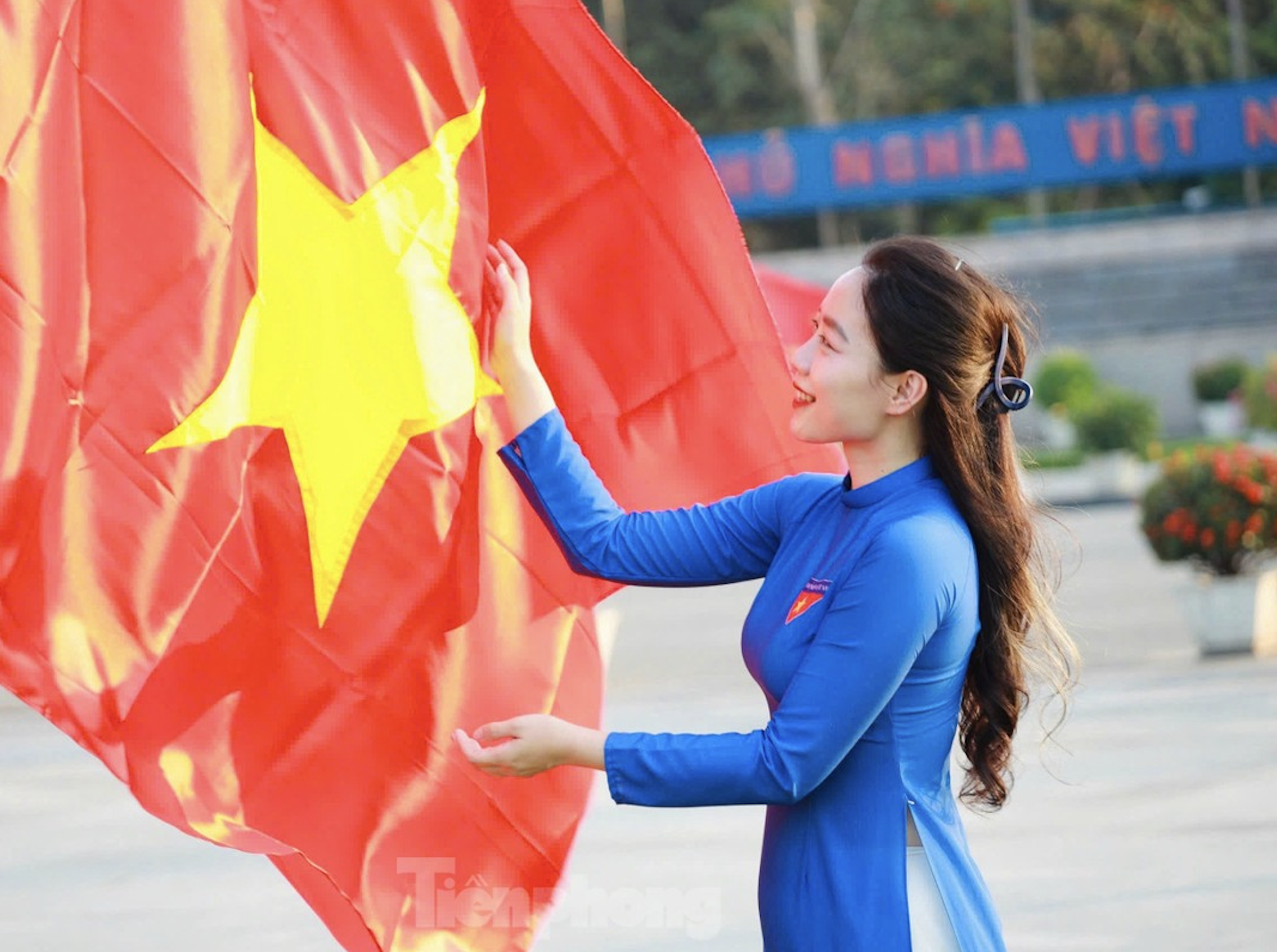


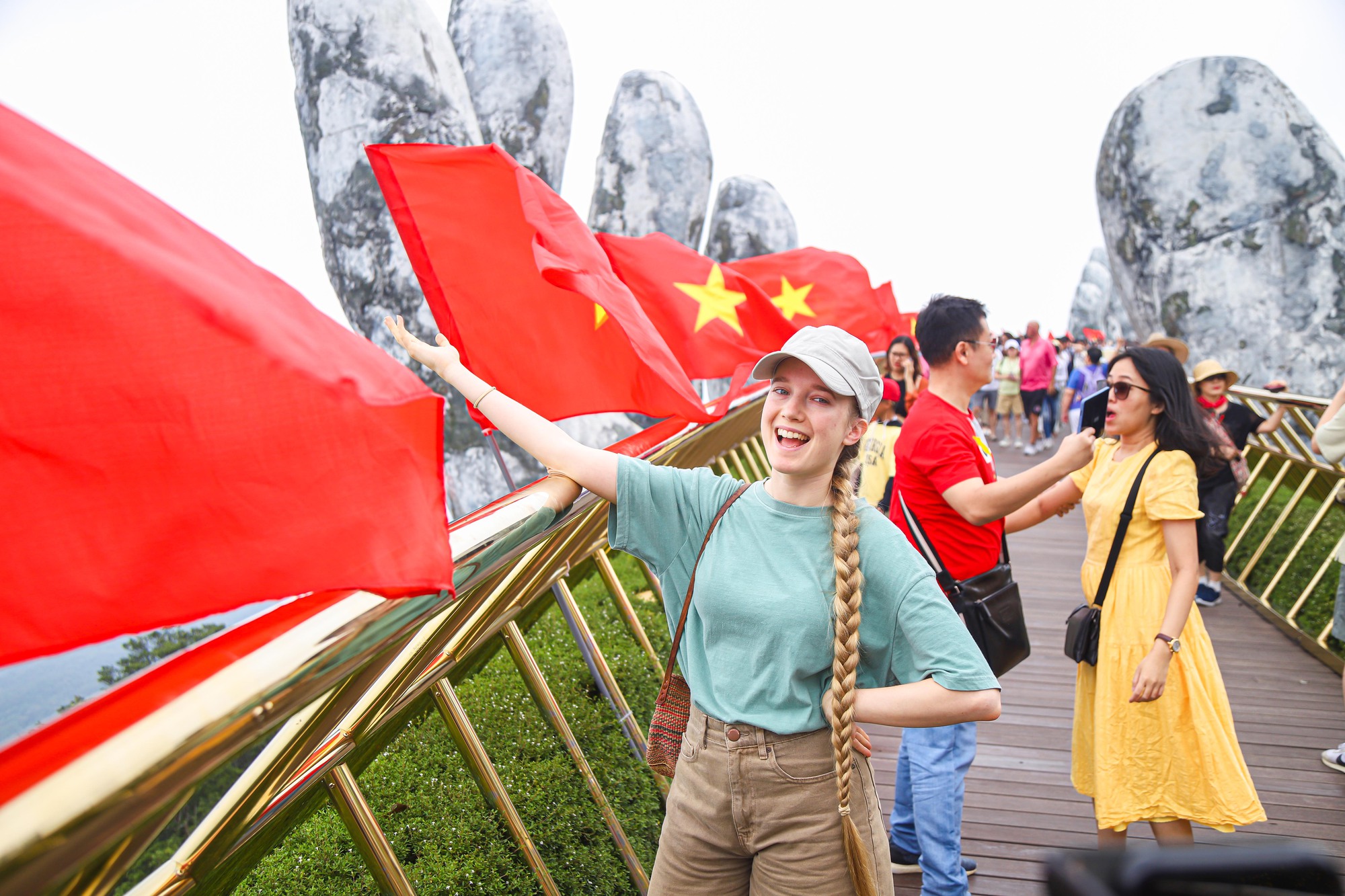

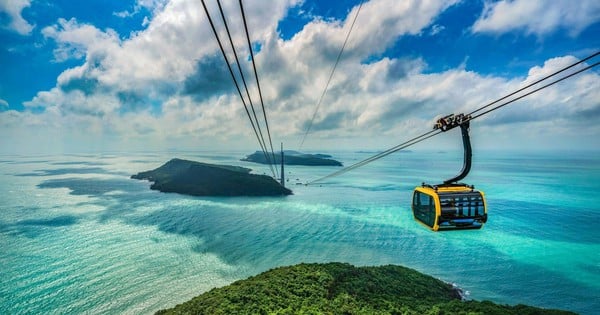

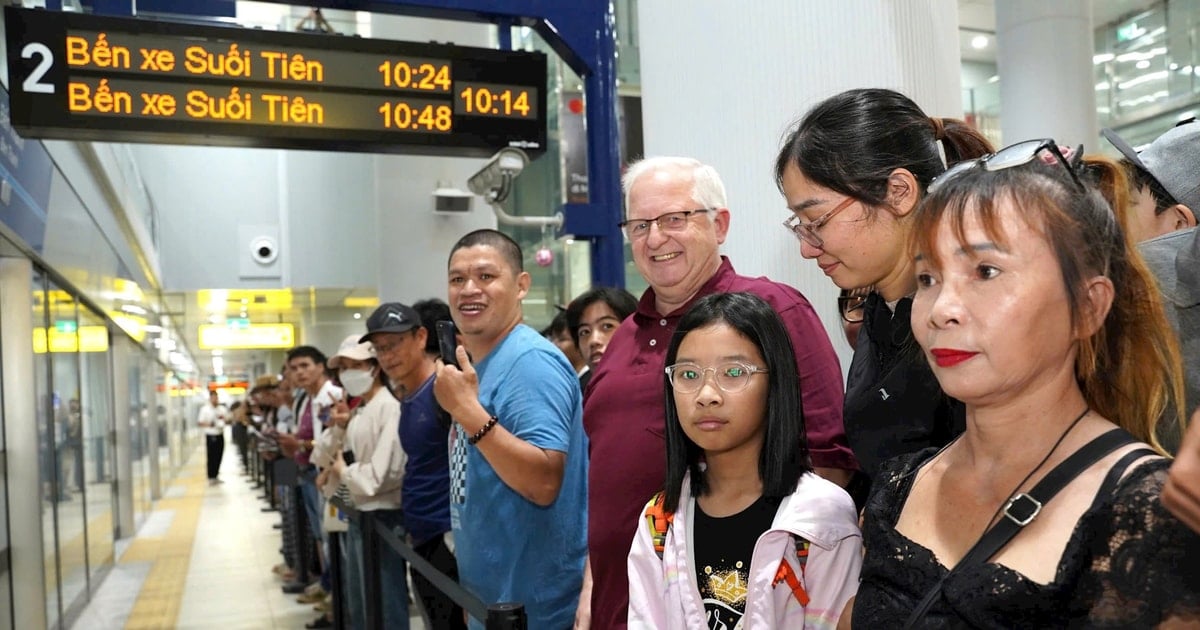

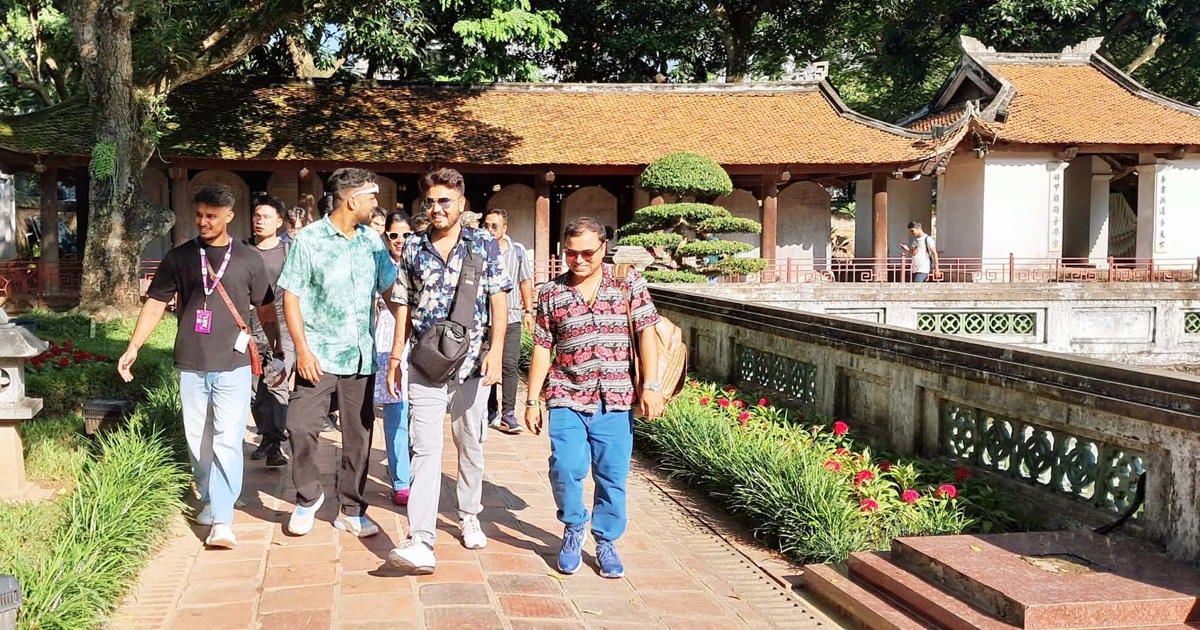

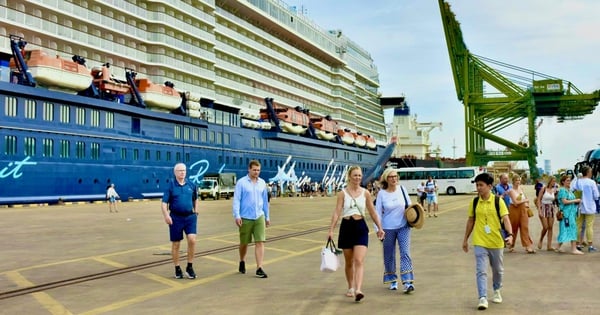

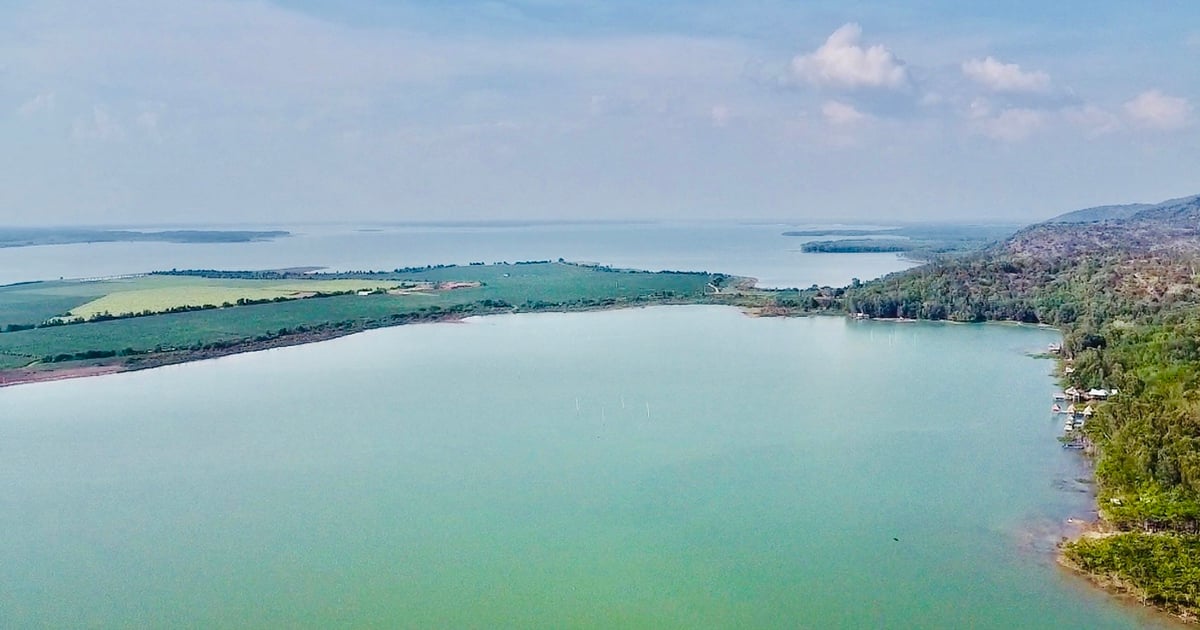
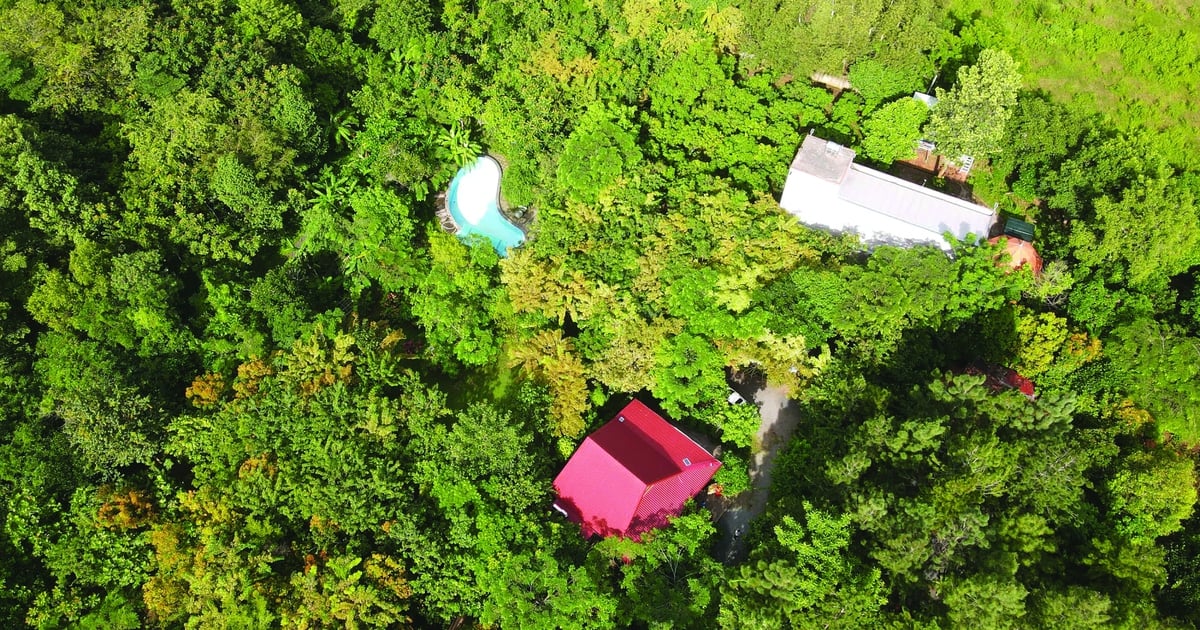
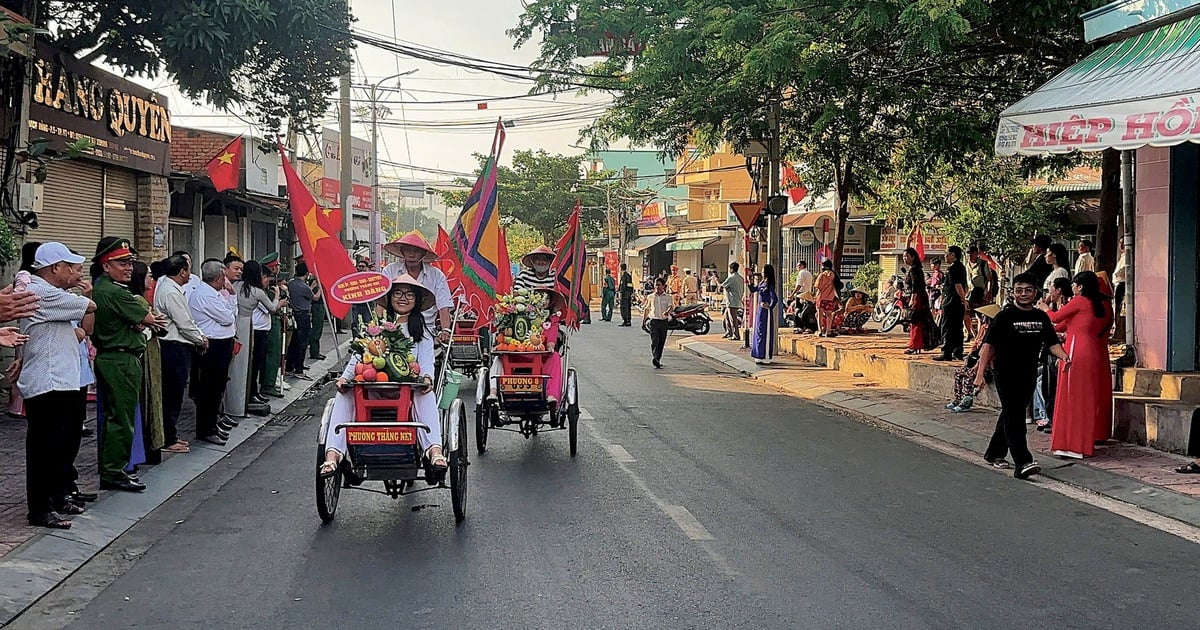
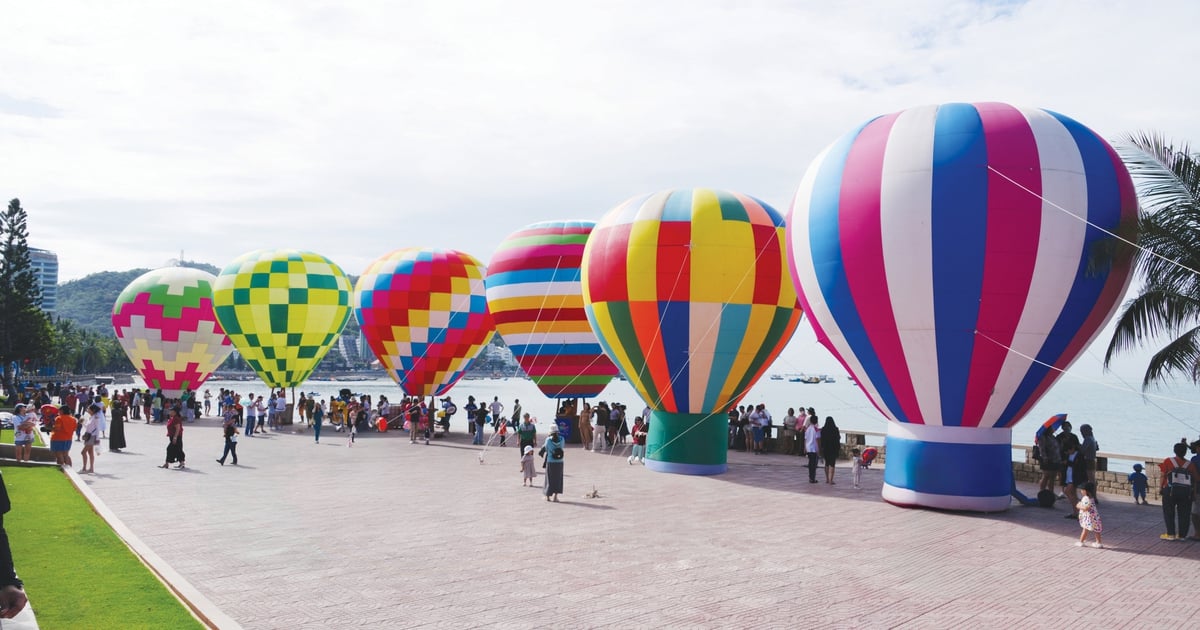
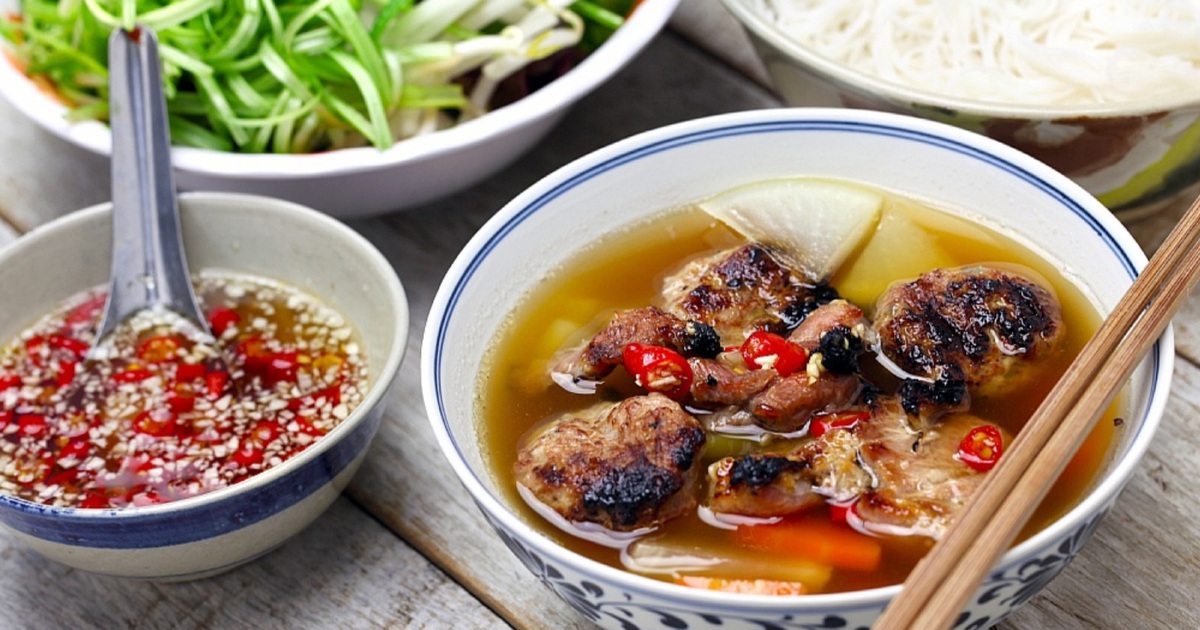
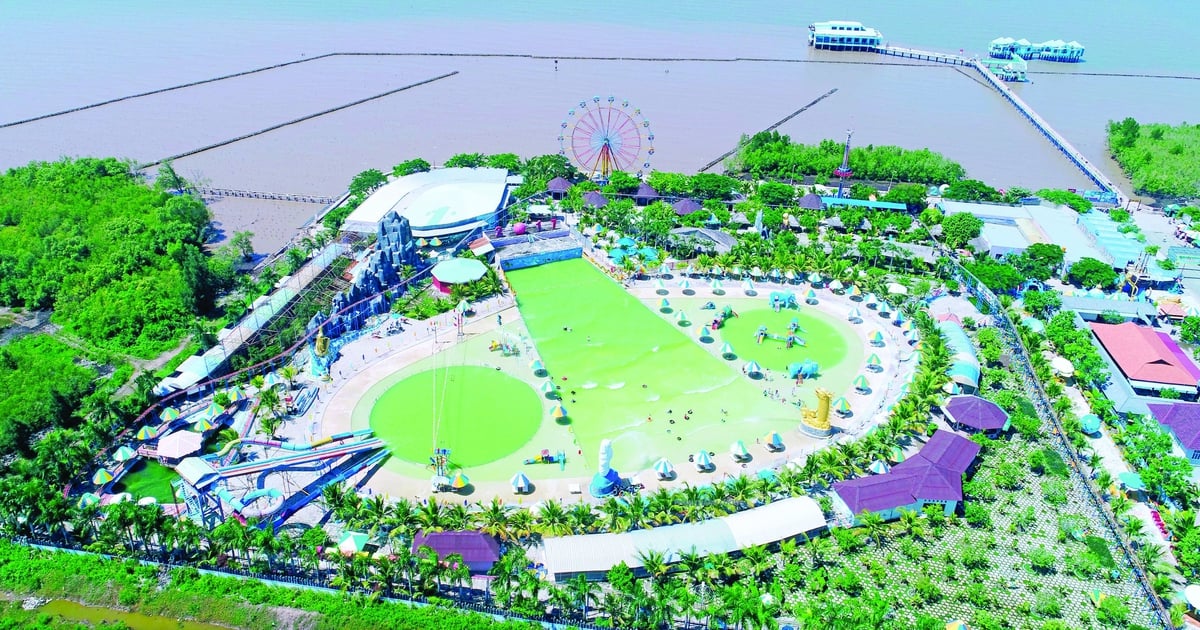
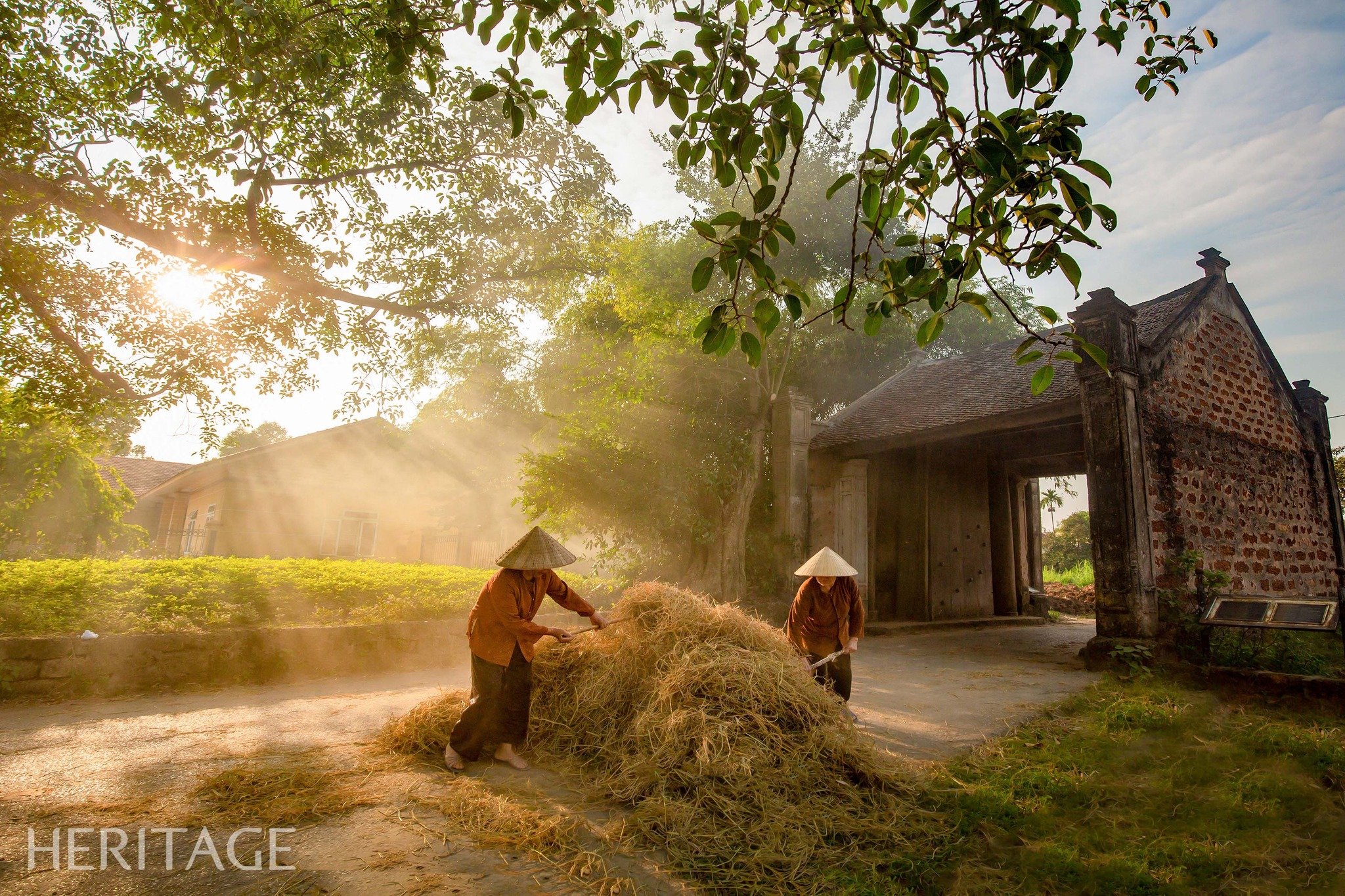
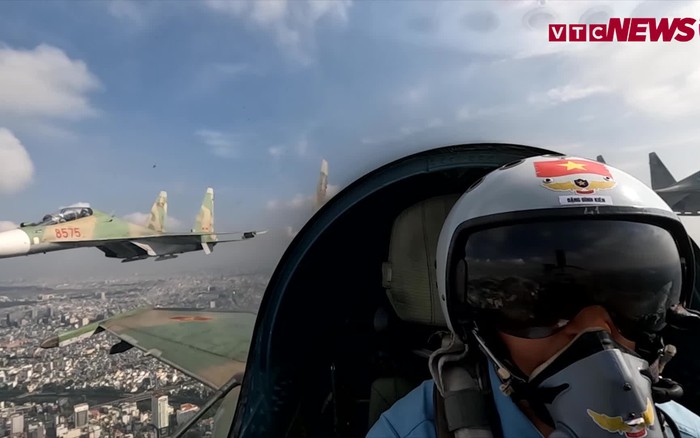
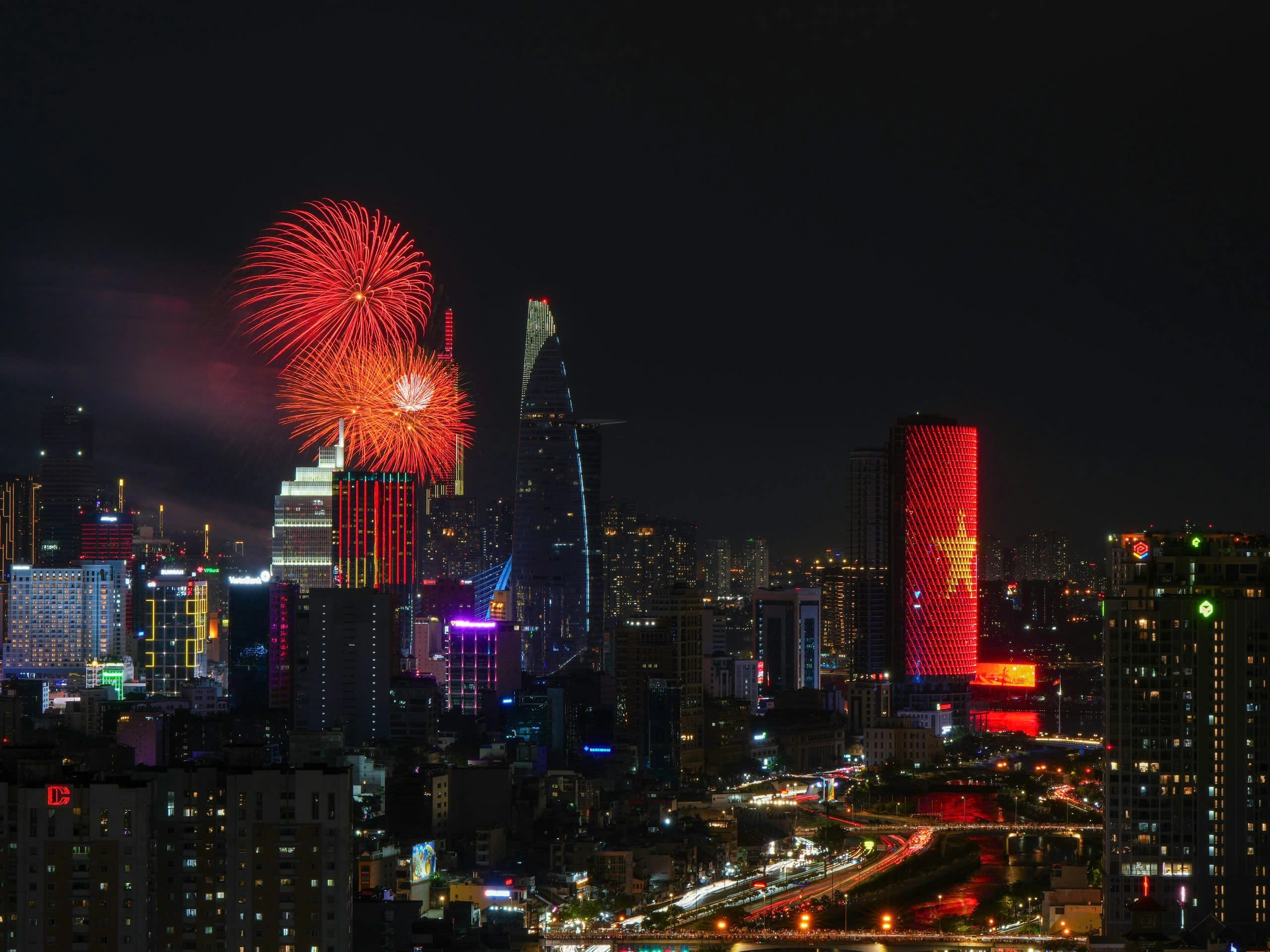
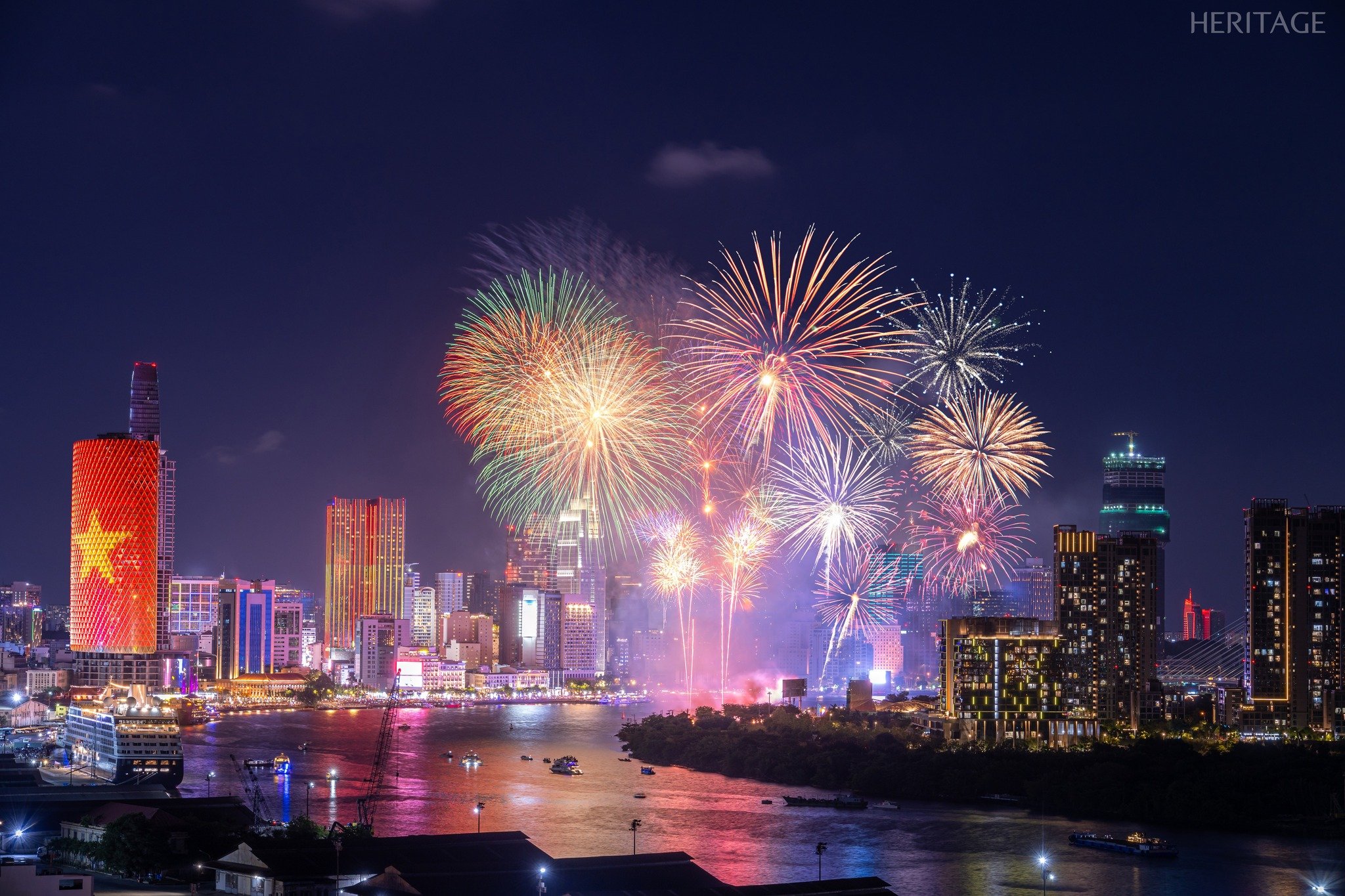
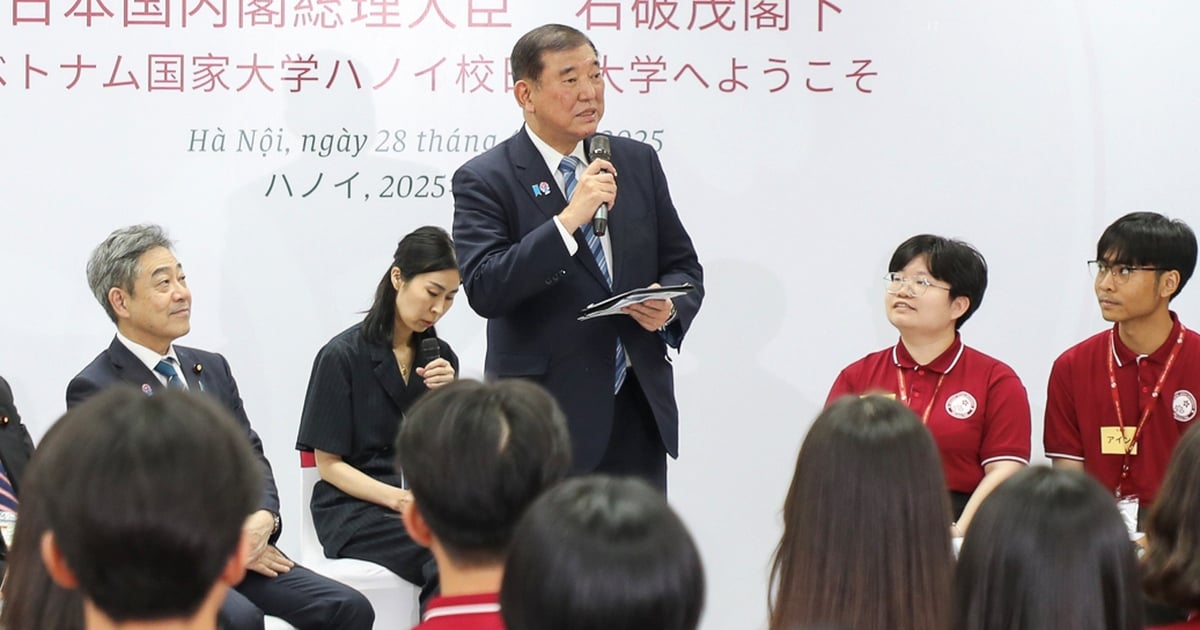
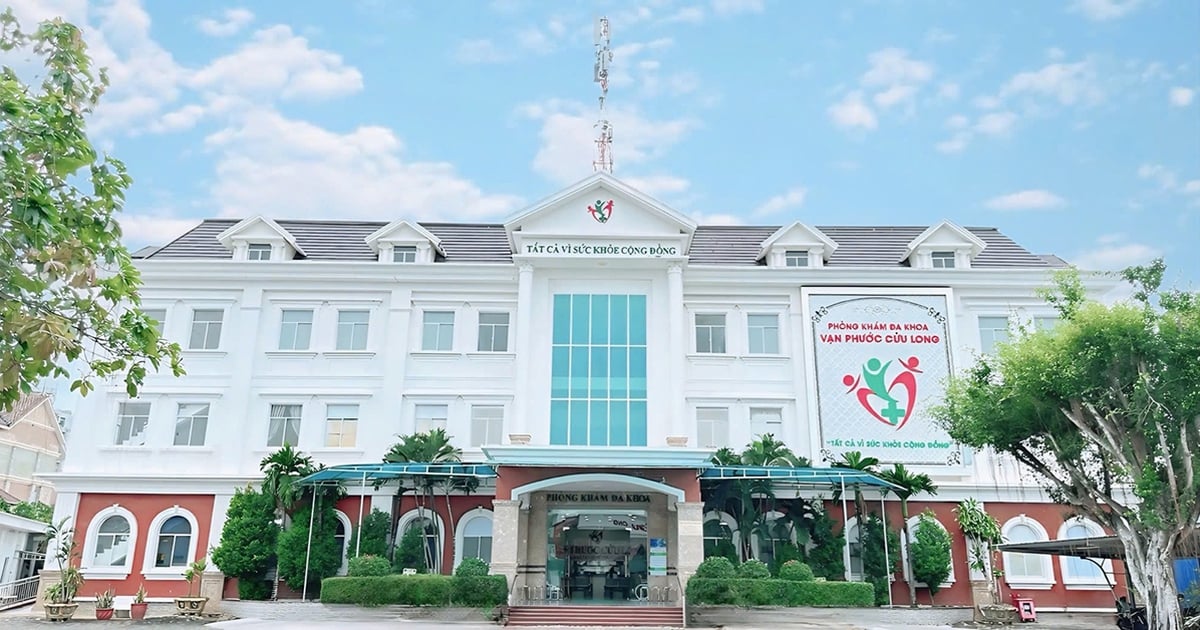
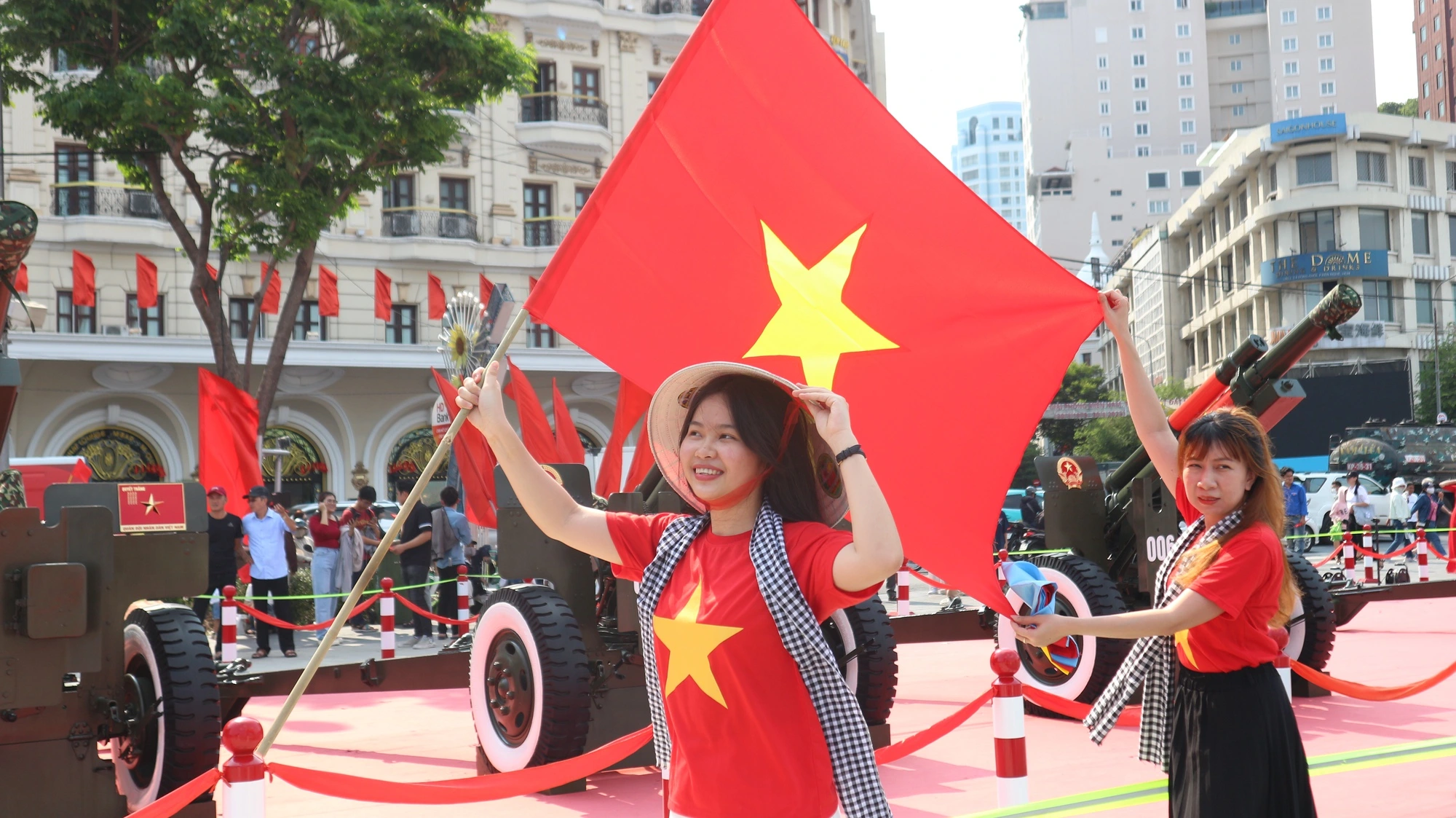
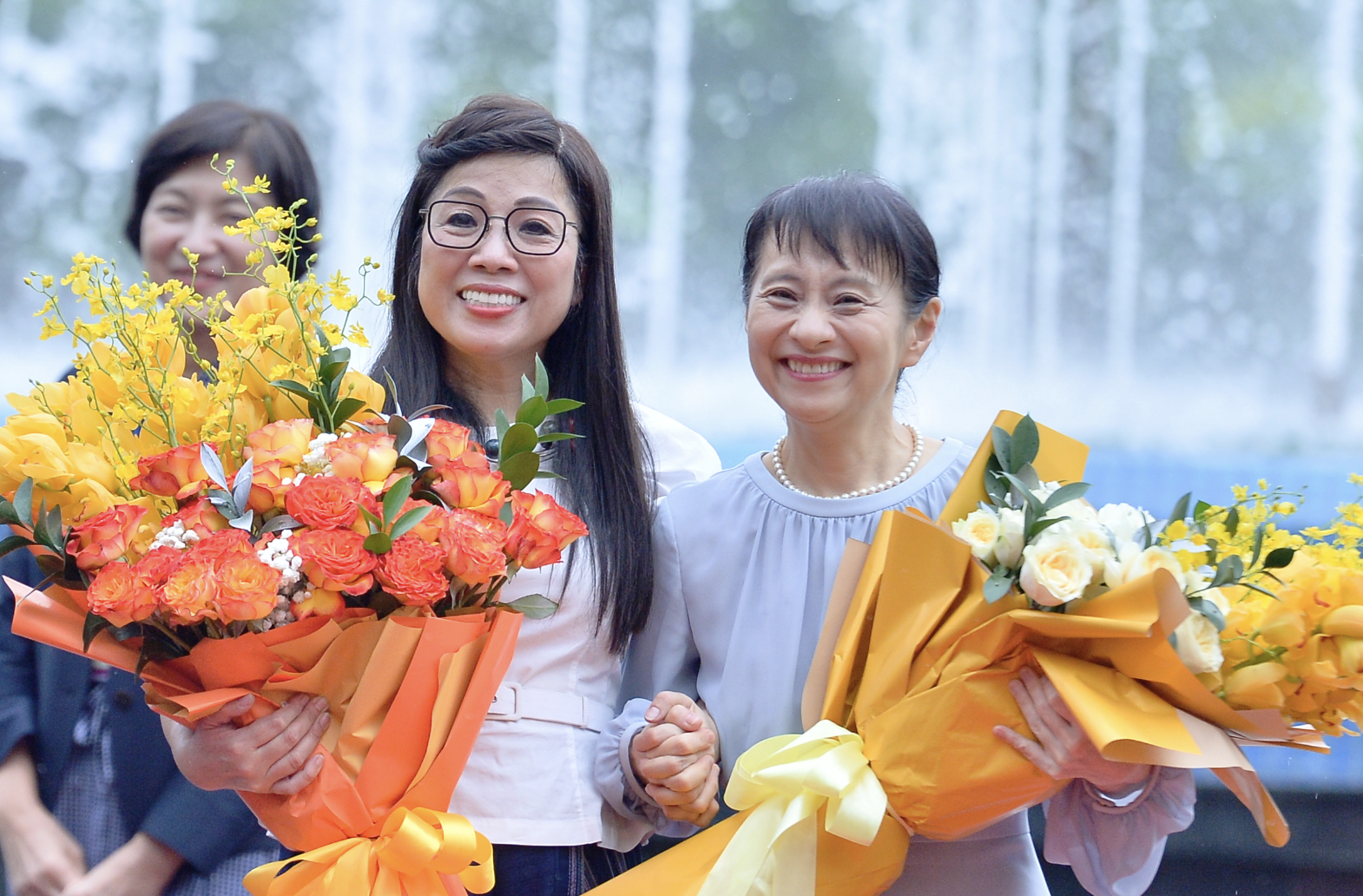

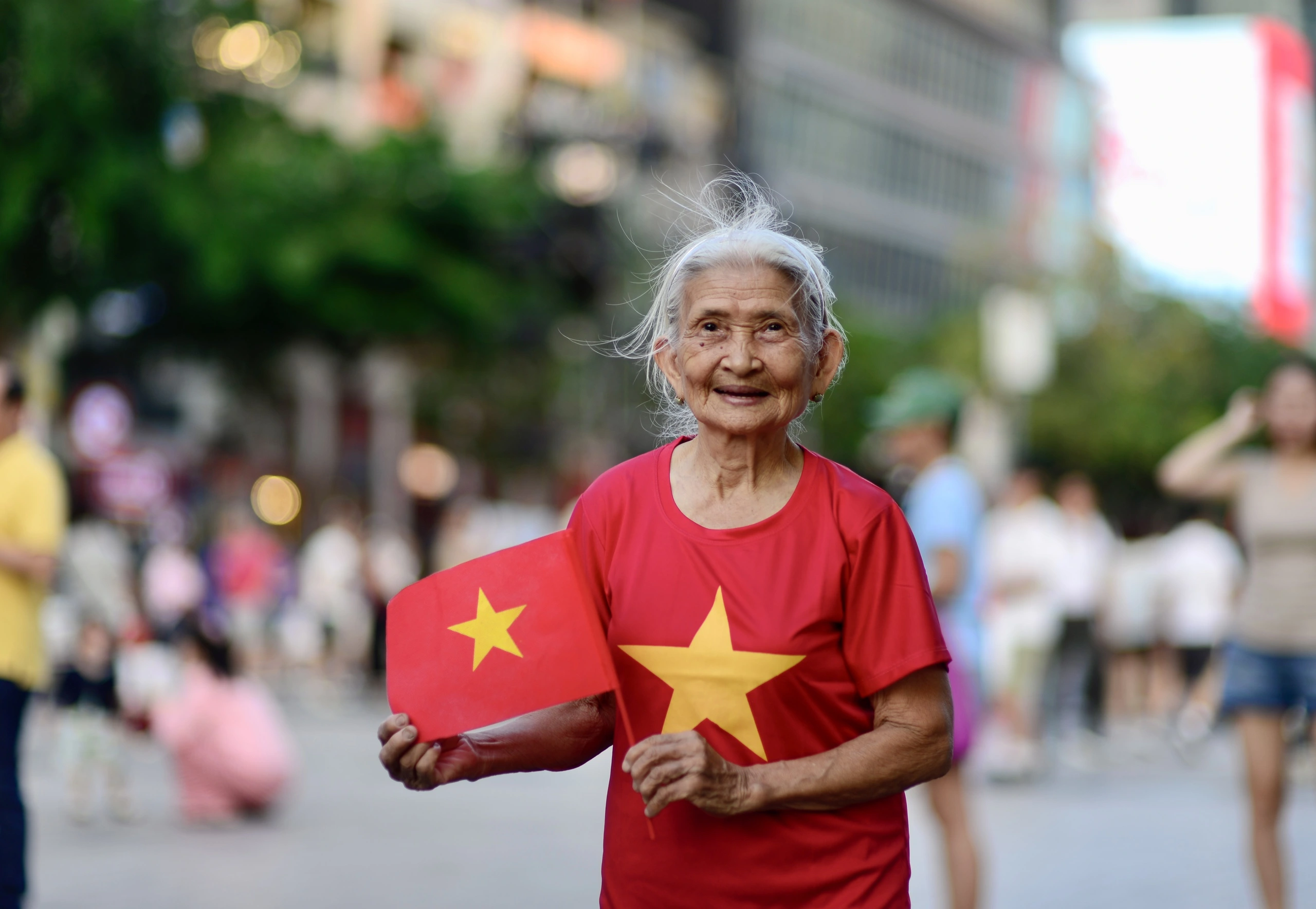
![[Photo] People lined up in the rain, eagerly receiving the special supplement of Nhan Dan Newspaper](https://vstatic.vietnam.vn/vietnam/resource/IMAGE/2025/4/28/ce2015509f6c468d9d38a86096987f23)
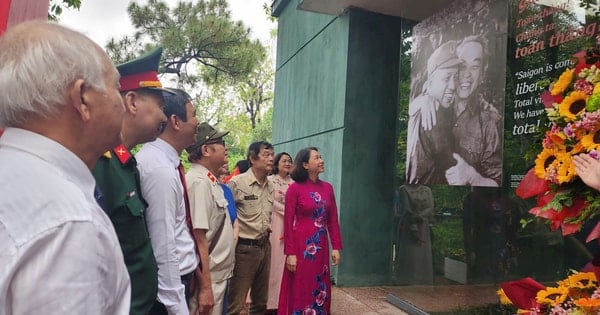

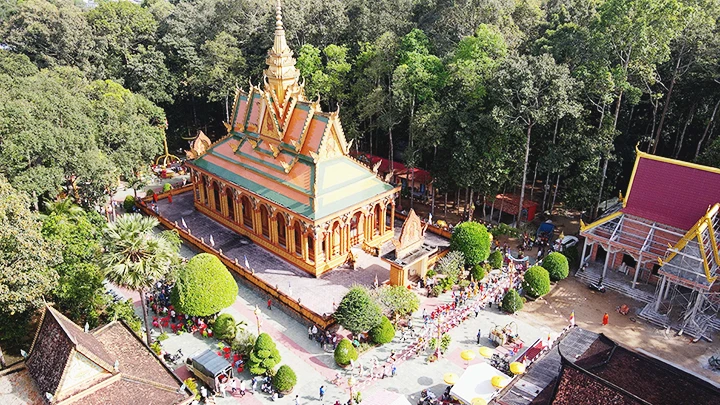

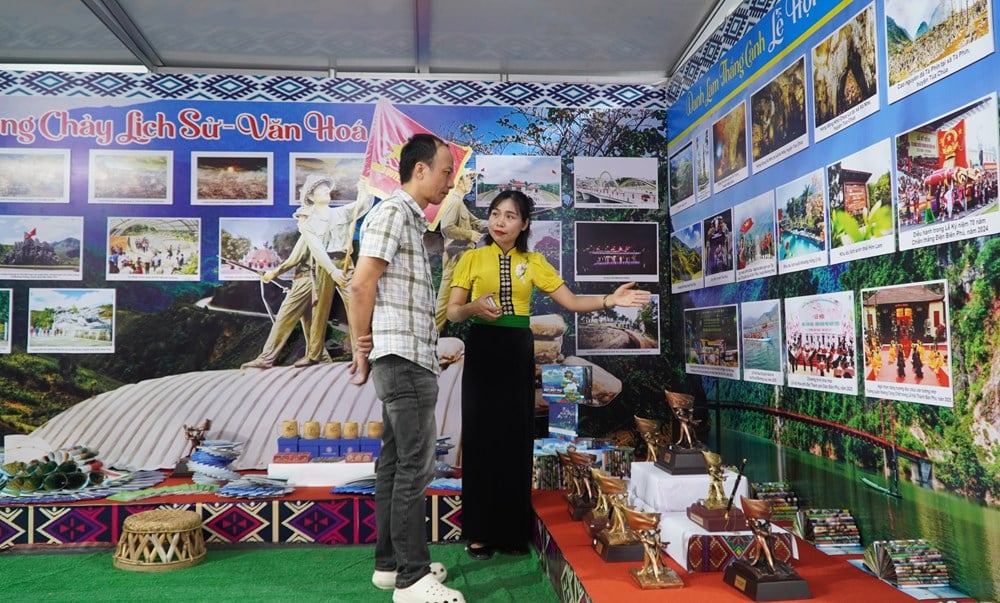

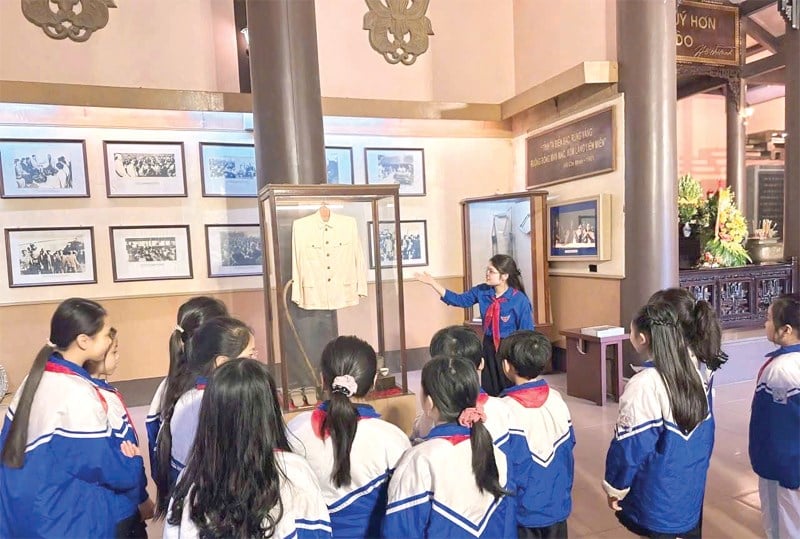
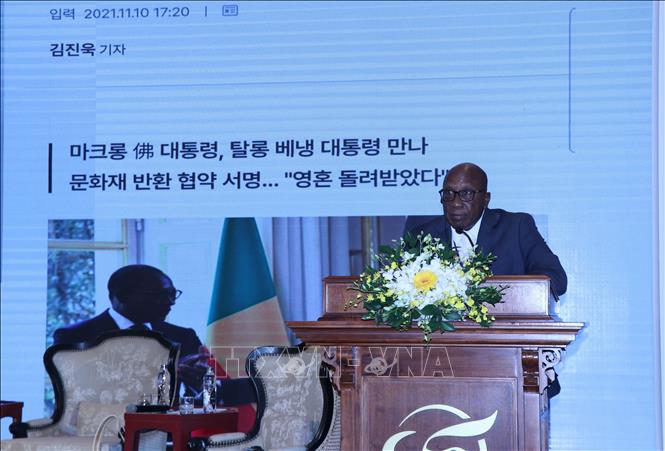

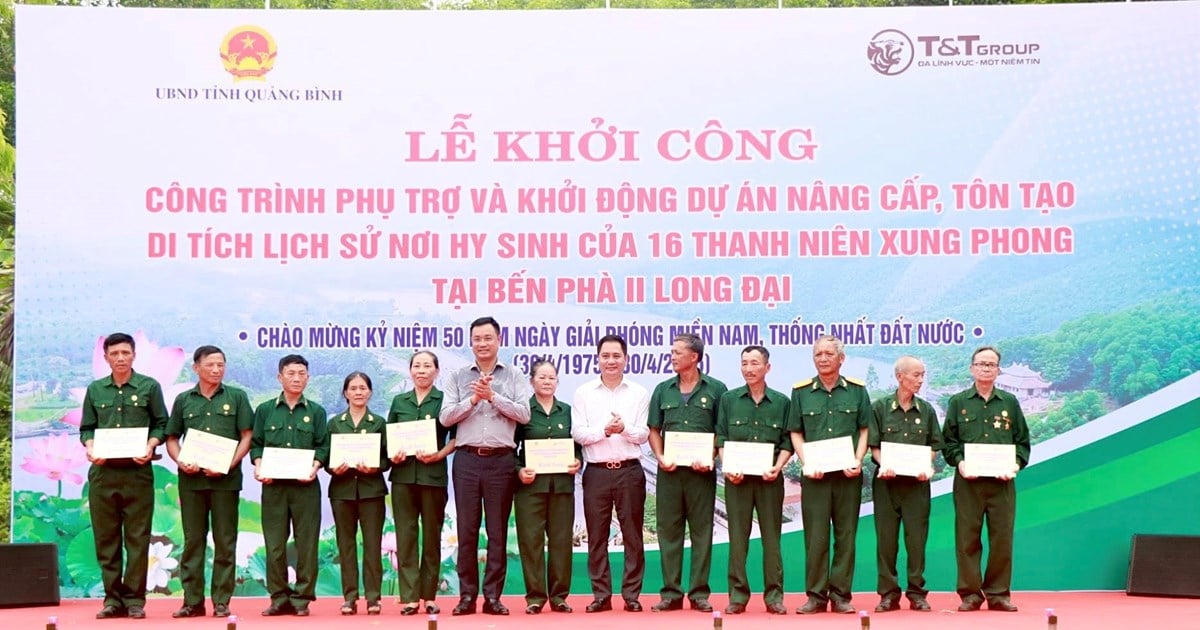
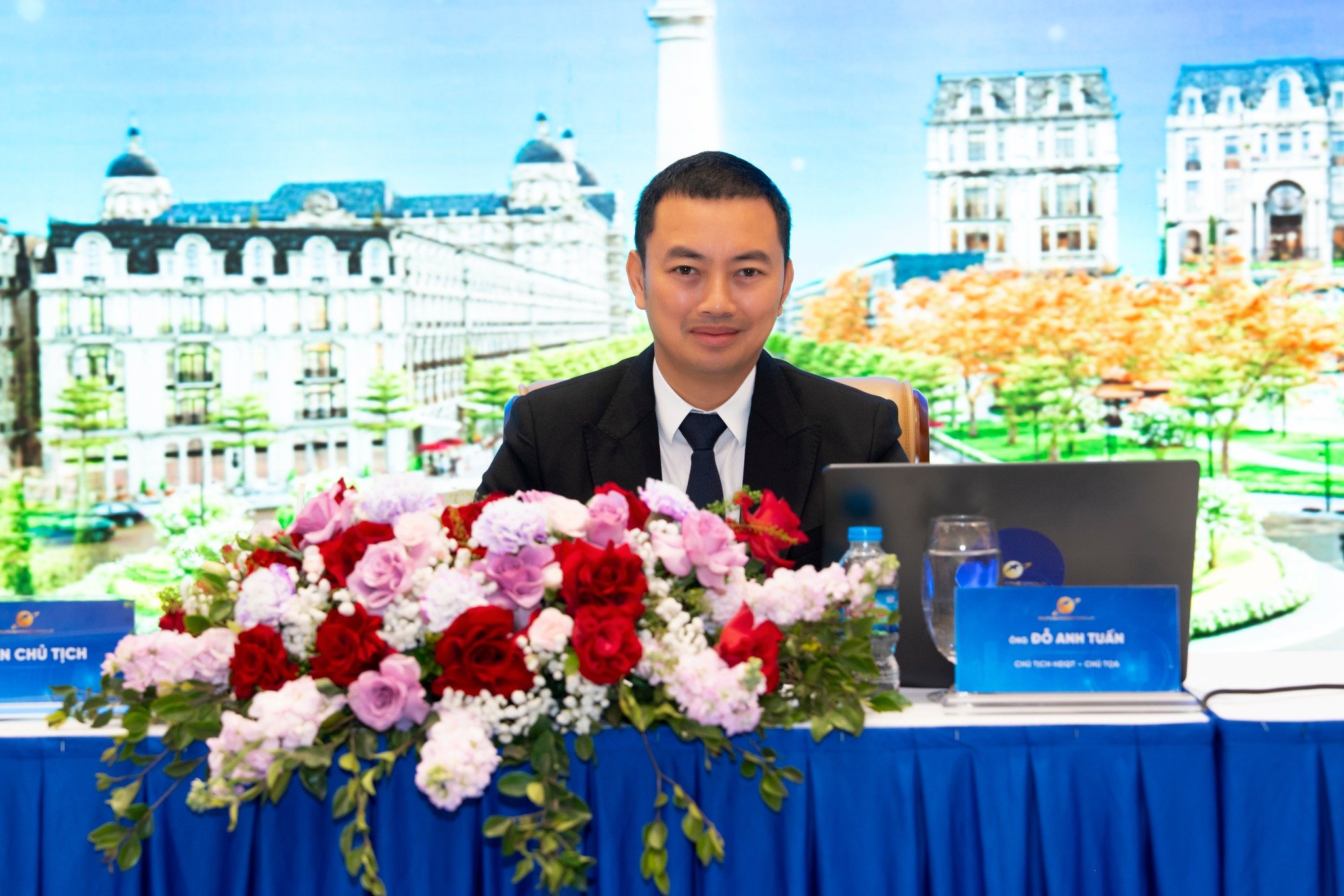

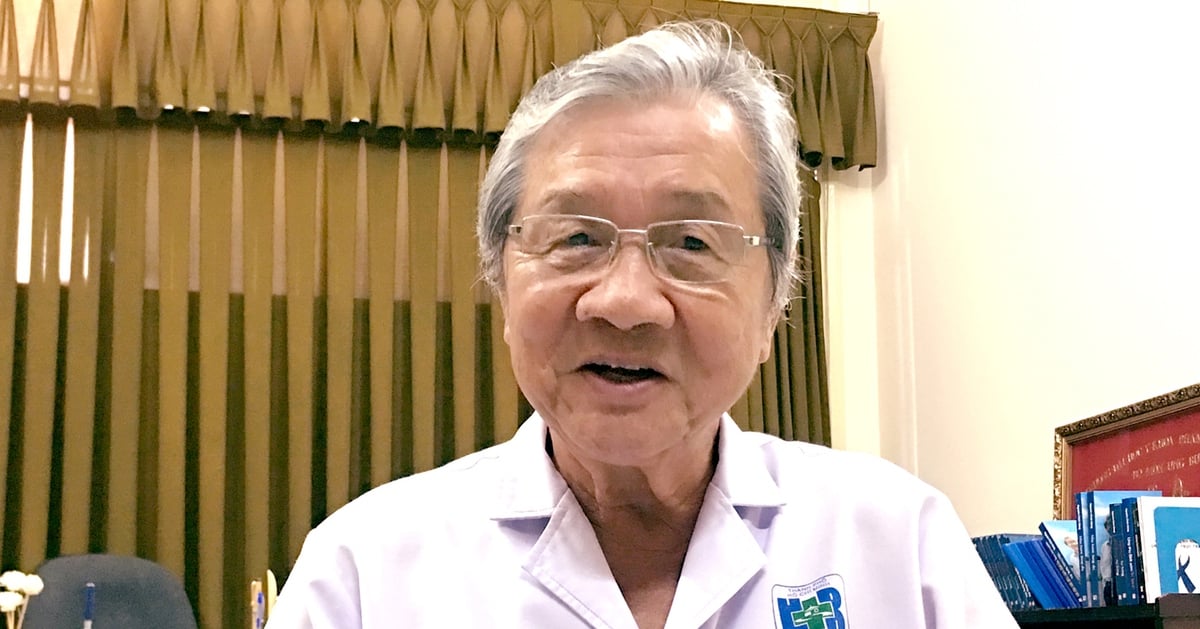

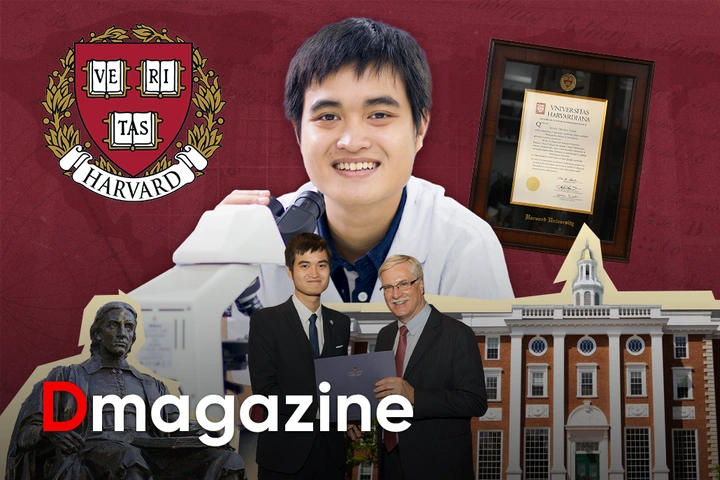

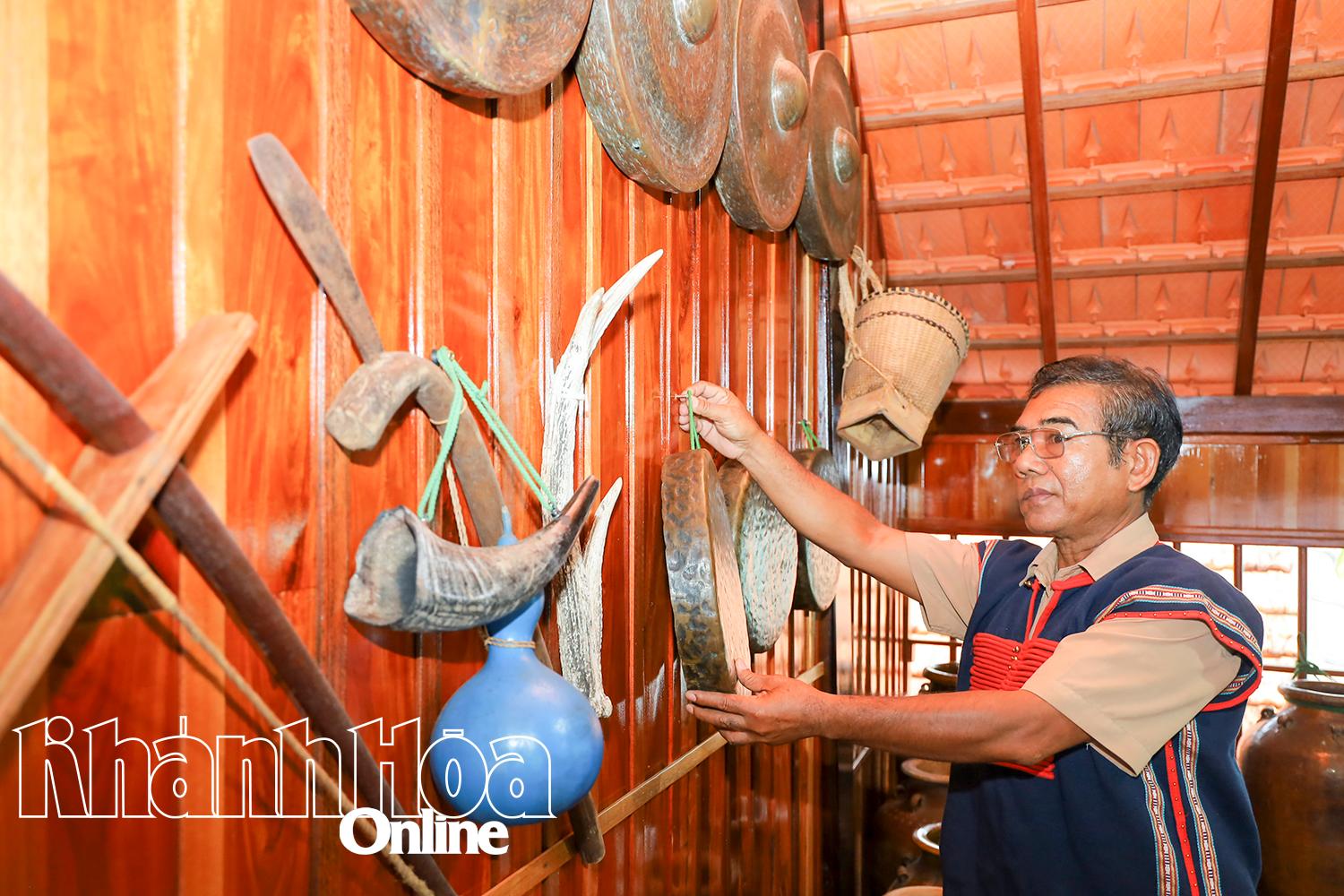

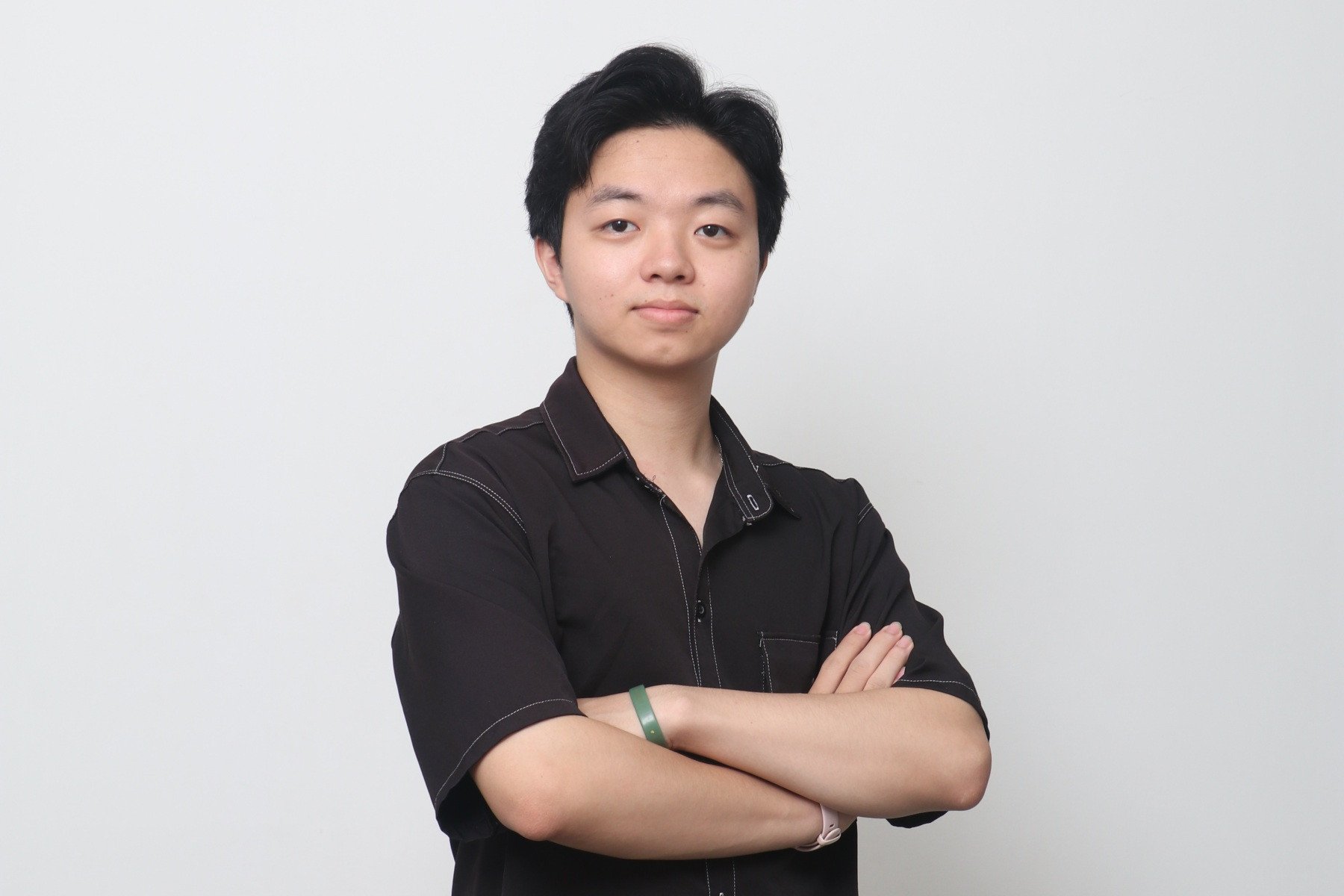


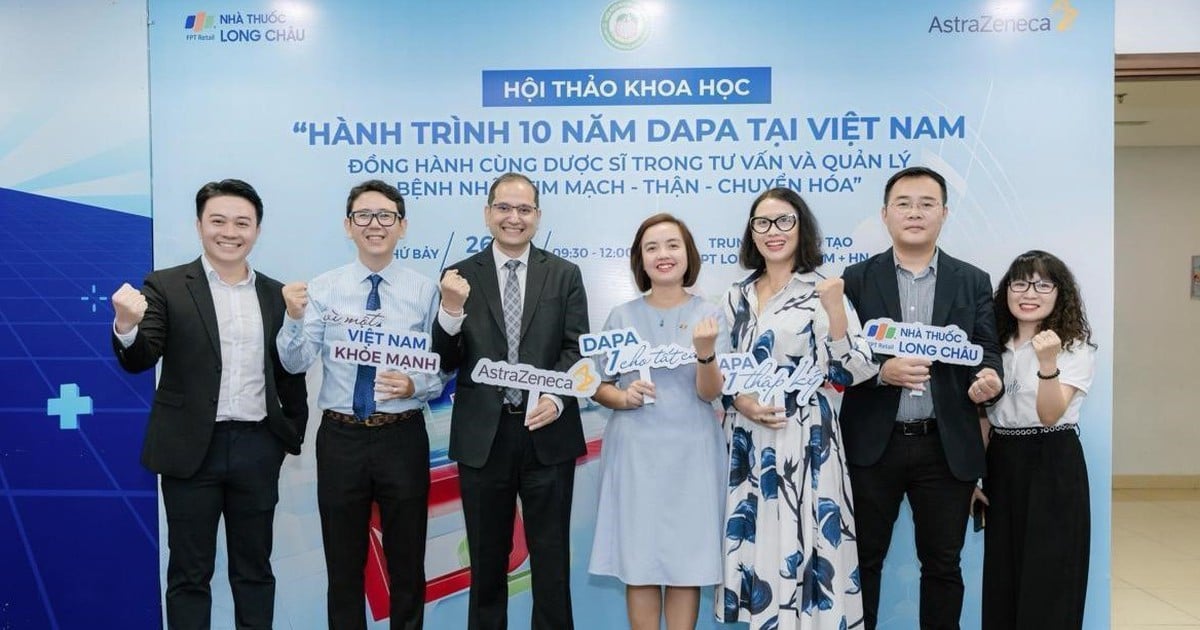
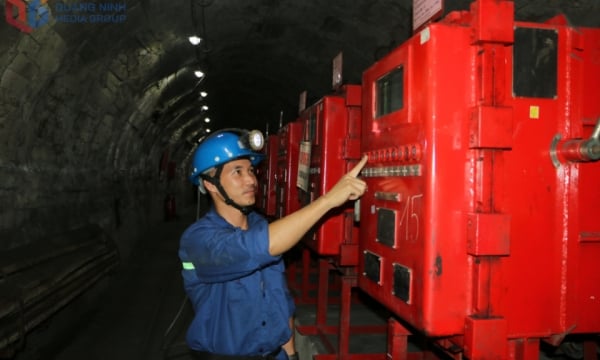

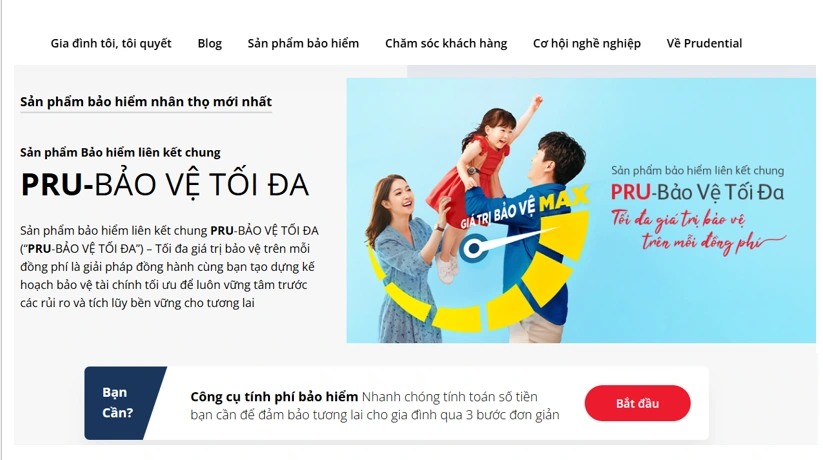

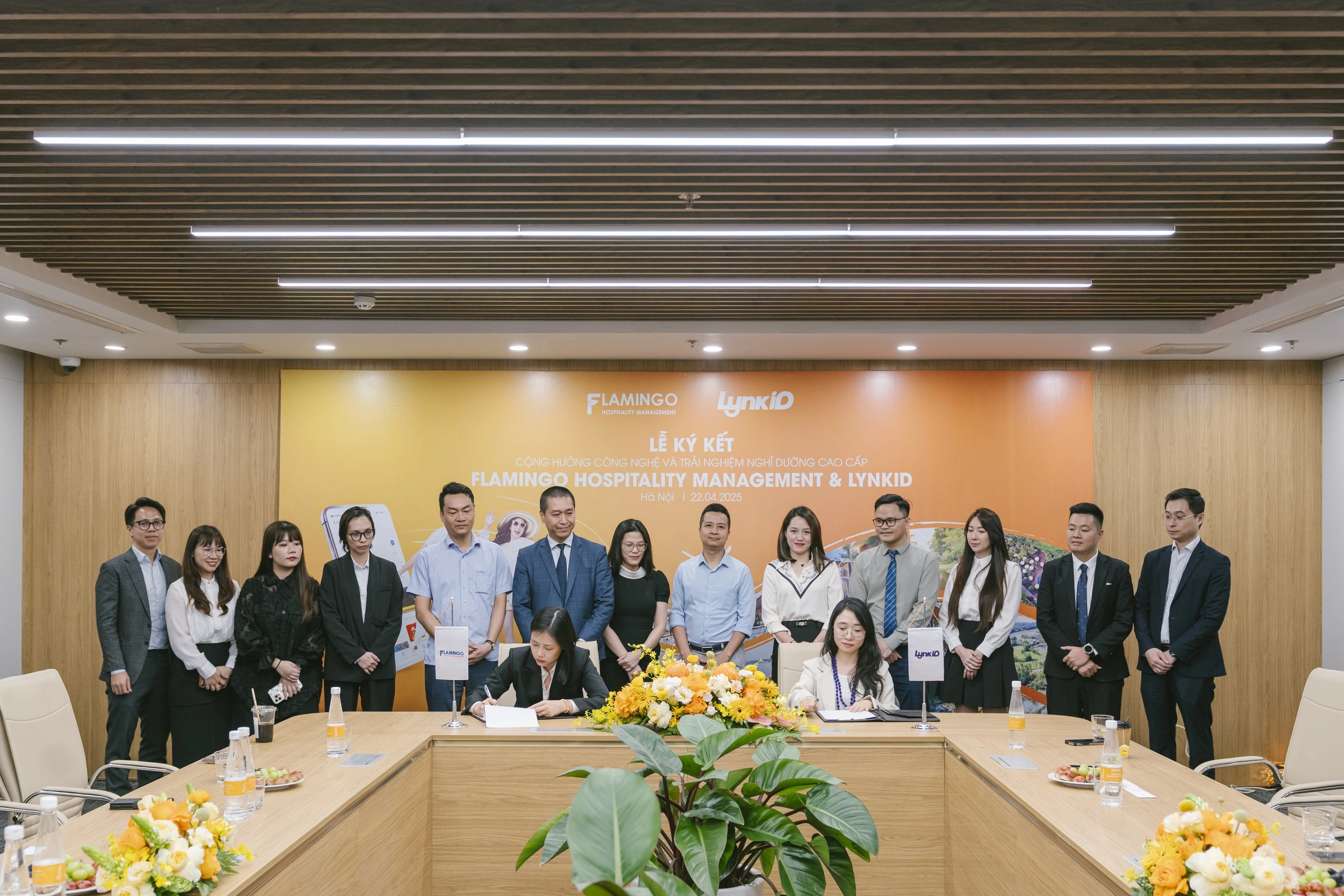
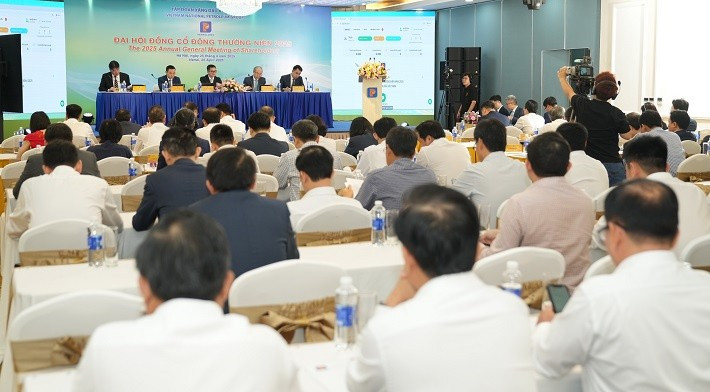

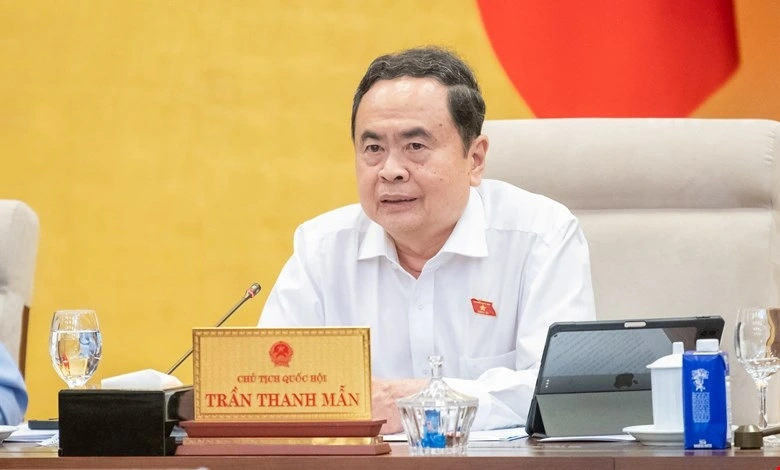

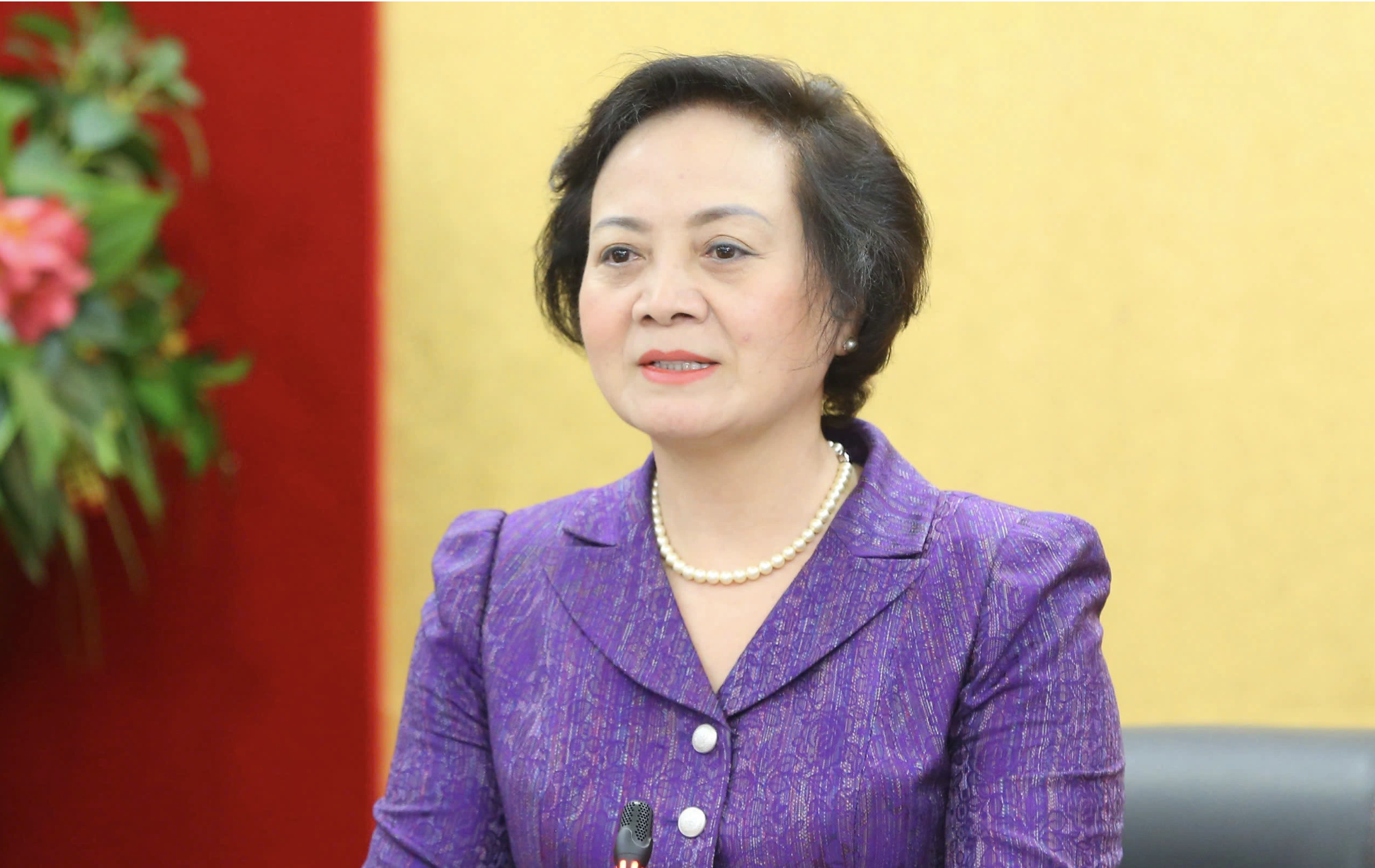
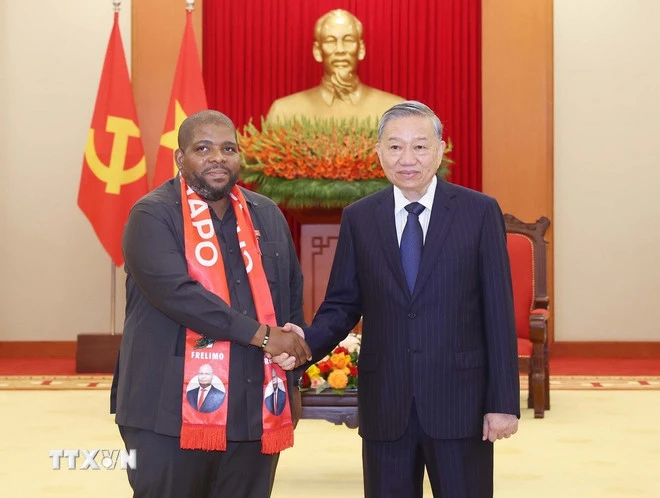

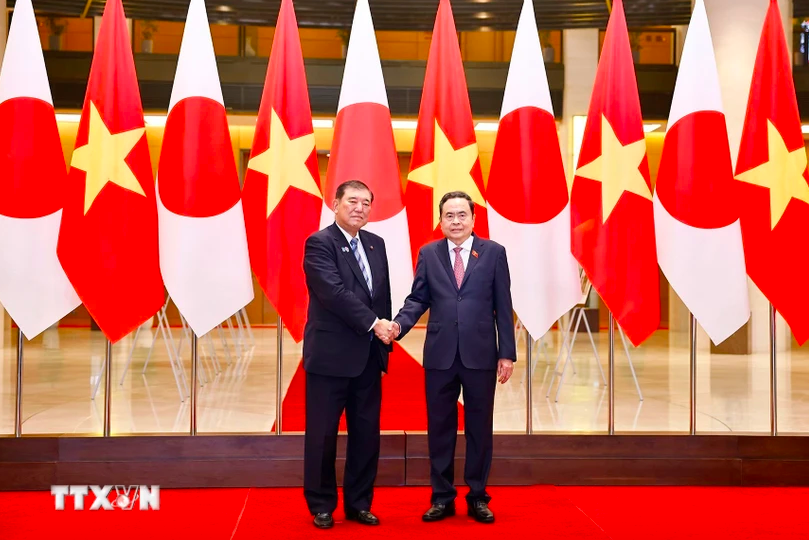
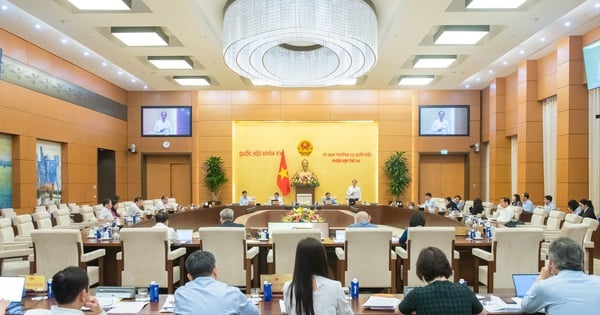




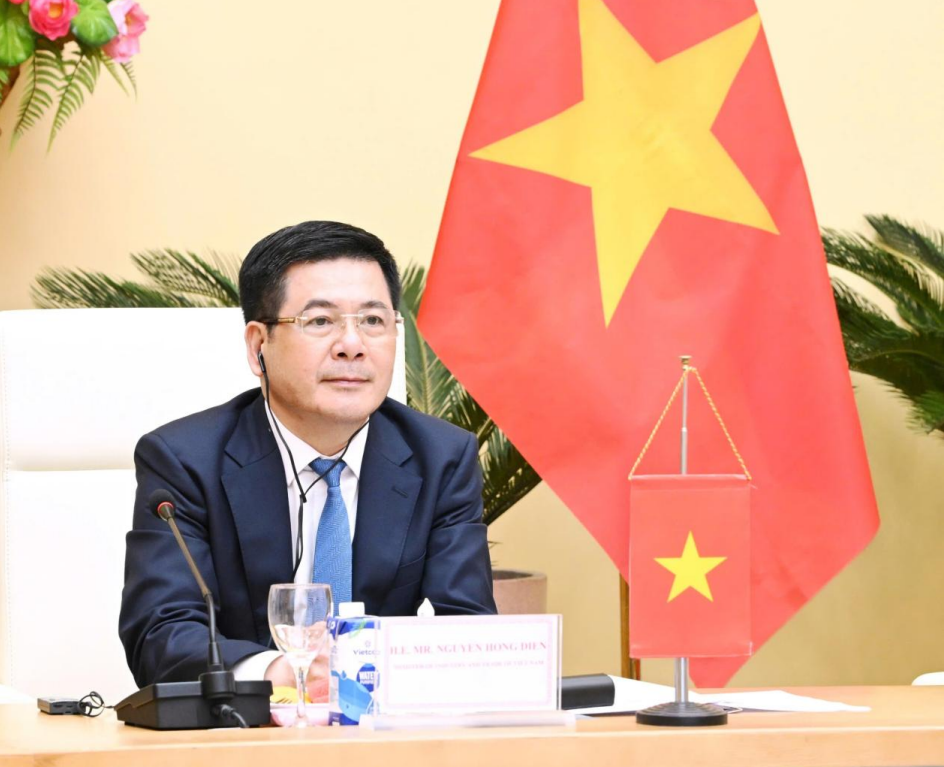
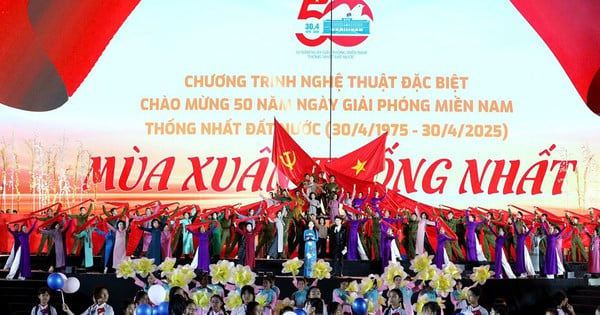

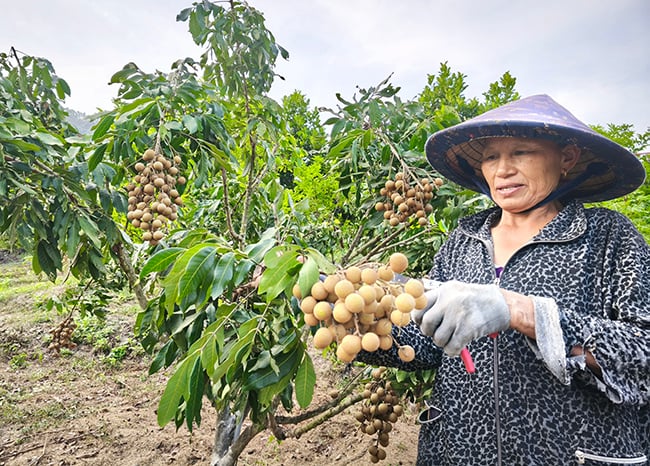
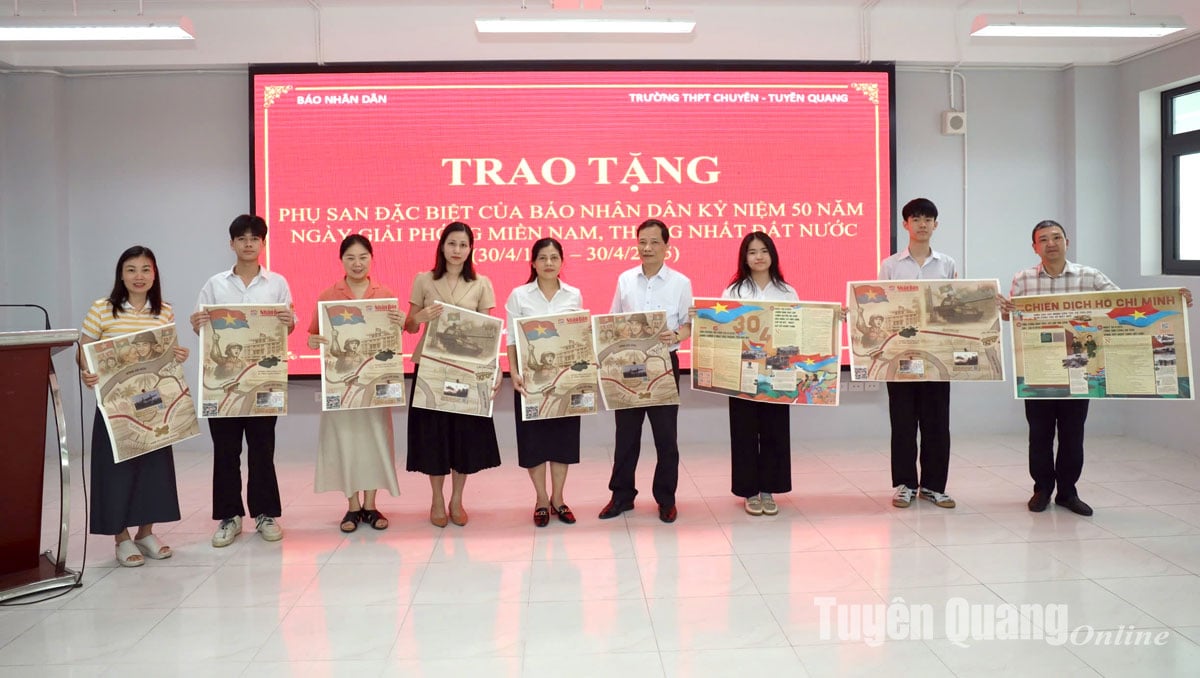



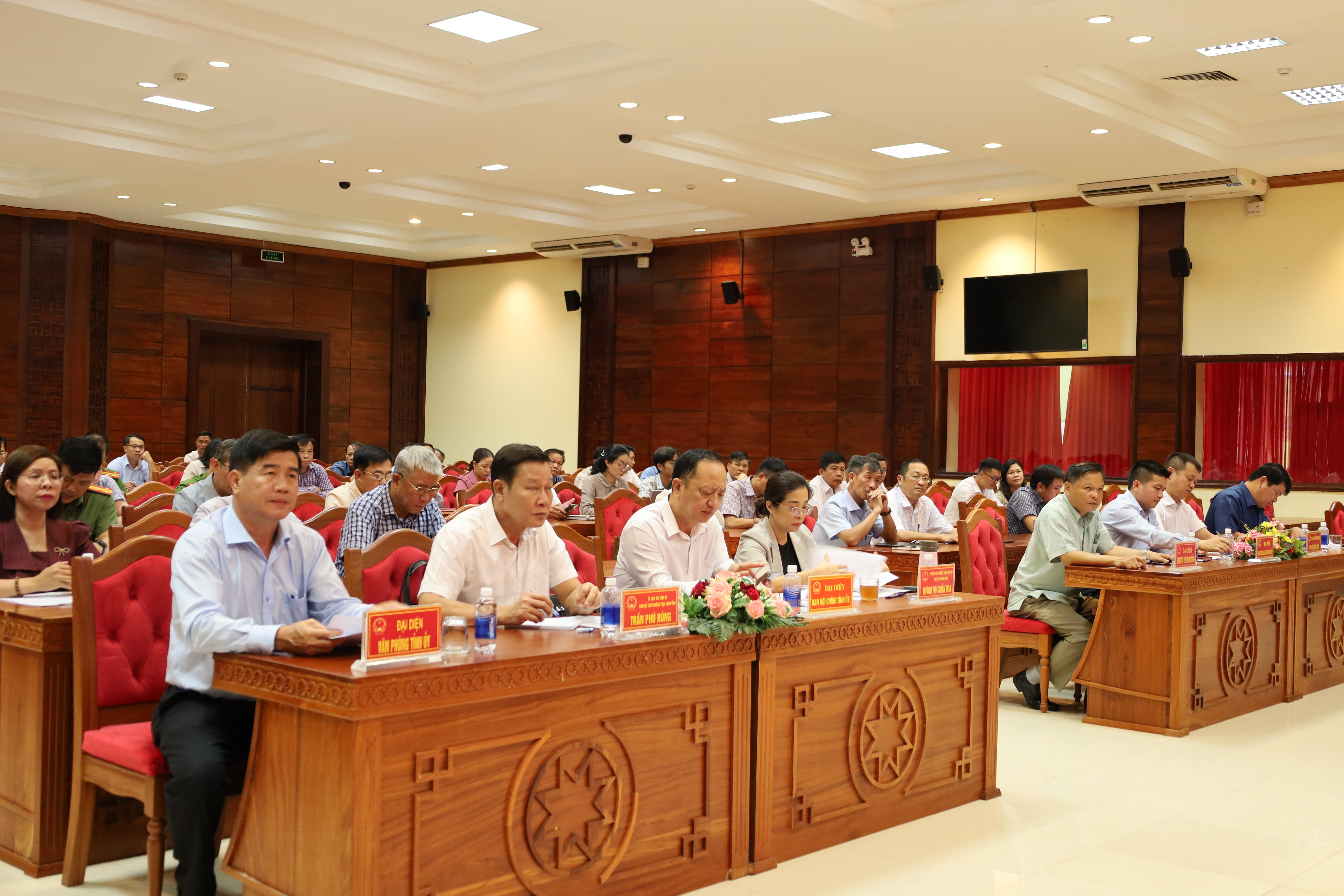
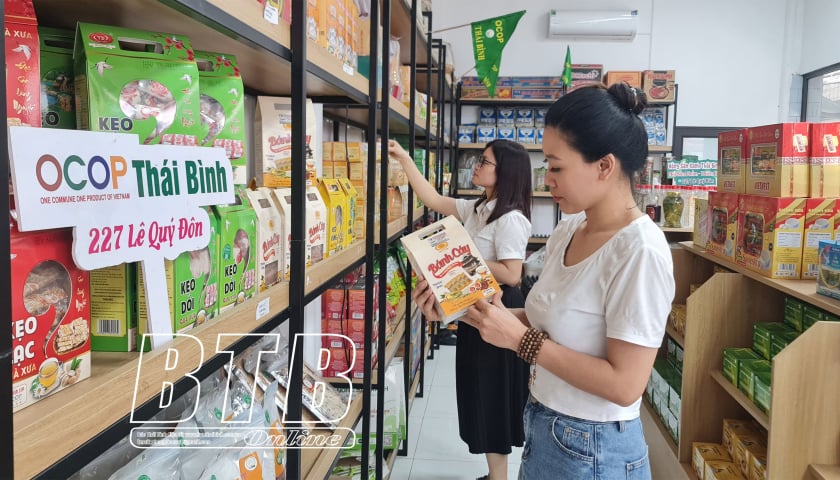

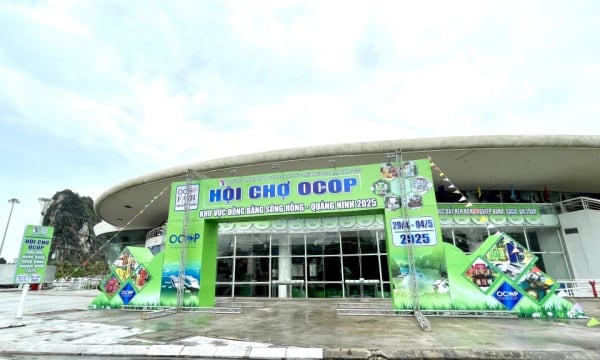
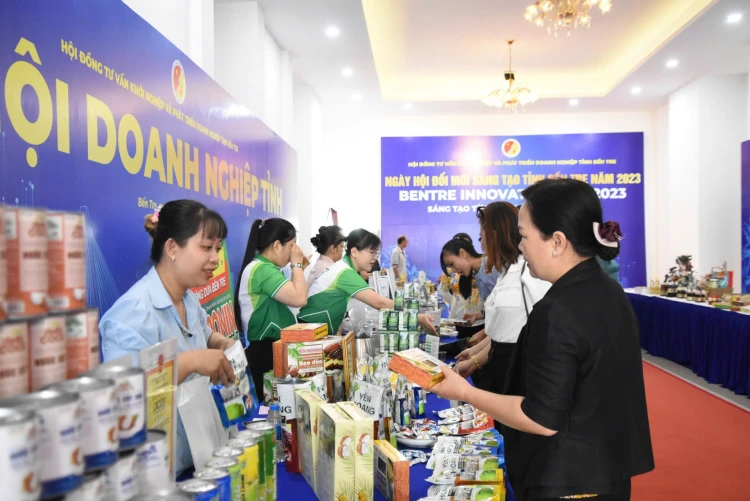

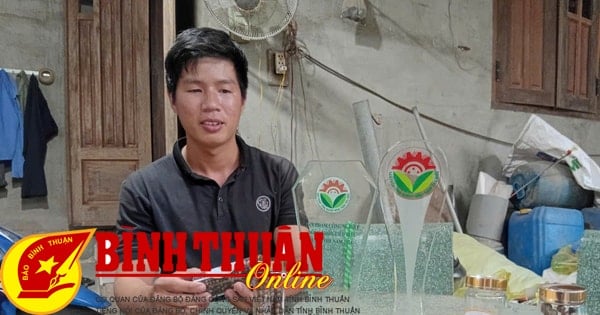

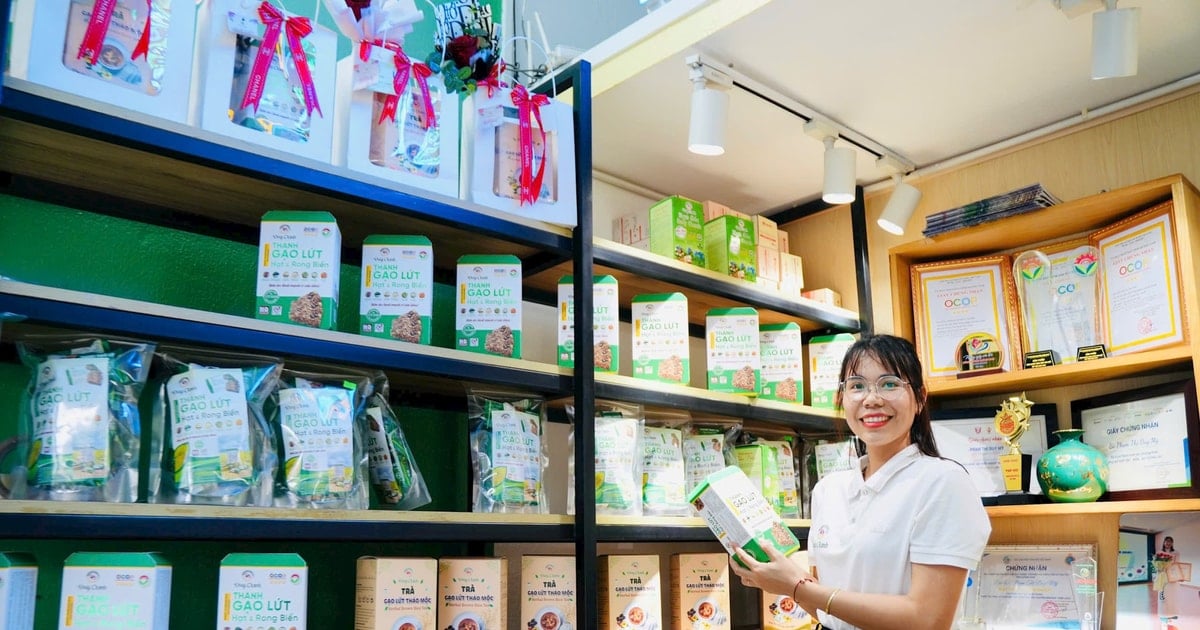

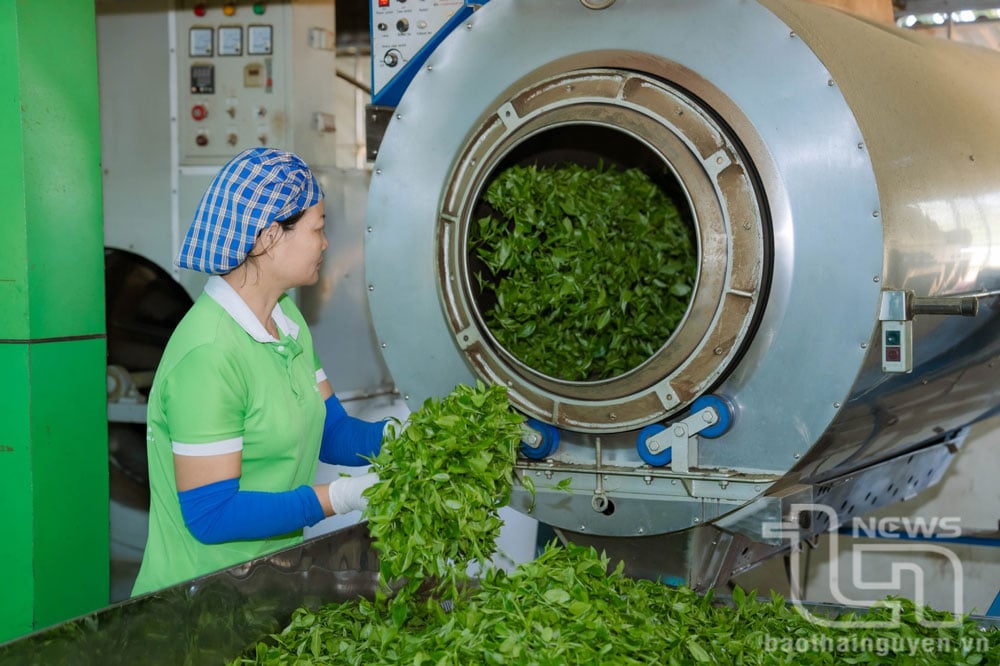

Comment (0)